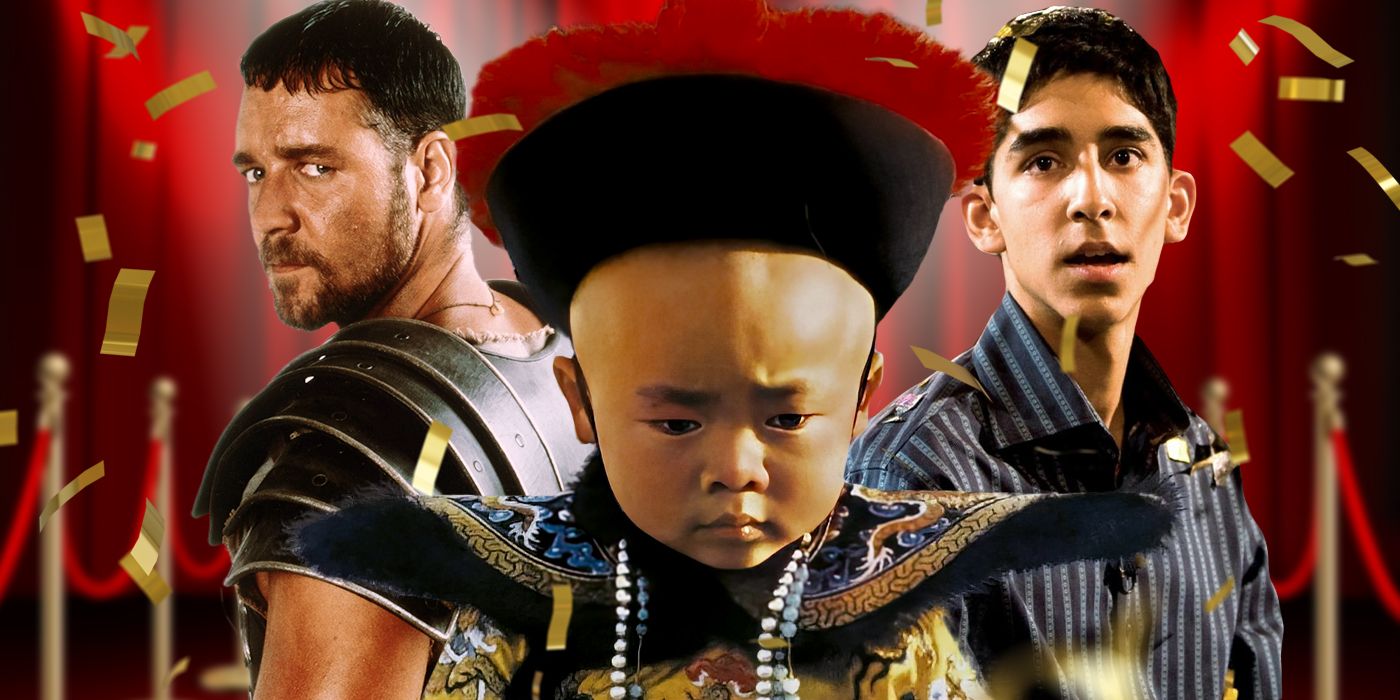In 96 years, the Academy Awards have gone from a 15-minute ceremony with about 200 people to the foremost award for the best of the year in film. The Oscars are always in flux, changing awards, rules, voting bodies, etc., to stay up with the times. But in looking at the films themselves, cinephiles can see the shifting of film history. Certain trends stay the same—for example, the Oscars have always loved their historical biopics and grand epics—but the winners for Best Picture, in particular, show the constant changes within the film industry. The filmmakers 95 years ago probably couldn’t fathom the likes of Everything Everywhere All at Once or Oppenheimer, and who knows if they’d even like either of these films if they were released back then.
The Best Picture race is an odd beast, as quality is only part of what gets a film the year’s highest award. Winning Best Picture usually includes massive amounts of campaigning for the studios and the filmmakers, advertising, keeping the film in the public’s awareness for months, and, oh yeah, making a great film. Sure, some not great films have won Best Picture, and the winners rarely are who many would say deserve the award in hindsight. But the predicting and fighting over Best Picture and the Academy Awards, in general, has become part of the fun.
That all being said, the Best Picture winners also include some of the greatest films ever made, and while sometimes the Academy gets it wrong, for the most part, many of the winners are among the year’s best movies. It’s easy to remember the times they got it wrong, but there are also plenty of masterpieces throughout film history that have won this highest honor. But which Best Picture winner is the absolute best? Is there any that truly stands out above the others? Turns out, there might be.
96 ‘The Broadway Melody’ (1929)
Who Should’ve Won: ‘In Old Arizona’
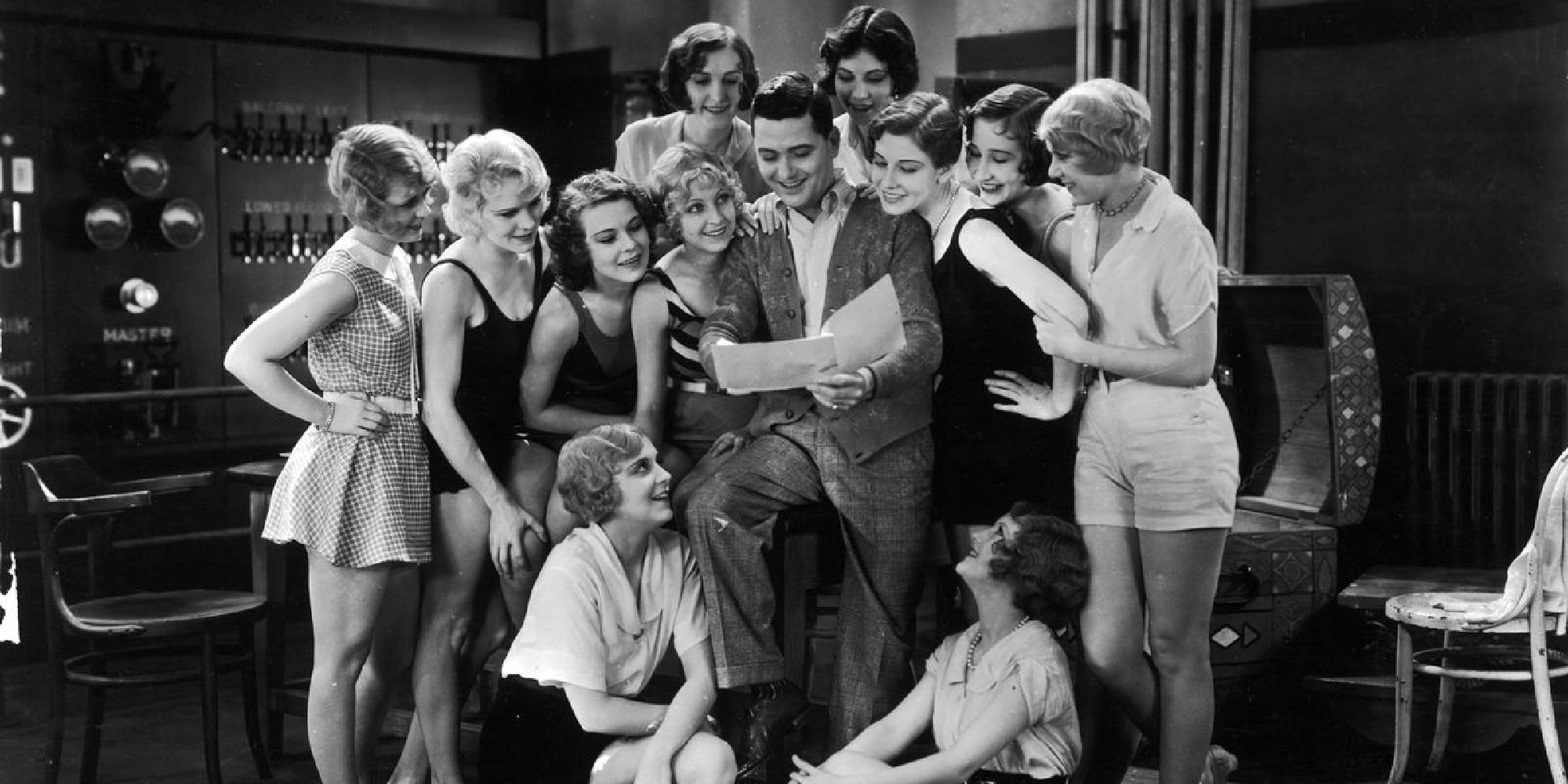 Image via MGM
Image via MGM
When it was released in 1929, The Broadway Melody was Hollywood’s first all-talking musical and even featured a Technicolor sequence—which, unfortunately, has only survived in its black-and-white iteration. Coming so soon after sound began to take off in cinema, all The Broadway Melody really needed to be successful was to film singing and dancing in a film, and that’s really all Harry Beaumont’s film has going for it.
The Broadway Melody exists in this weird in-between state, where films were still figuring out how to utilize this new technology while also shaking off the way of doing things in the silent era, and boy, does it feel like it. The songs are bland, the story is cringy, and the performances are over-the-top. In 1929, The Broadway Melody must’ve been a sight to behold, but nearly a century later, even its innovations don’t warrant giving this one a watch.
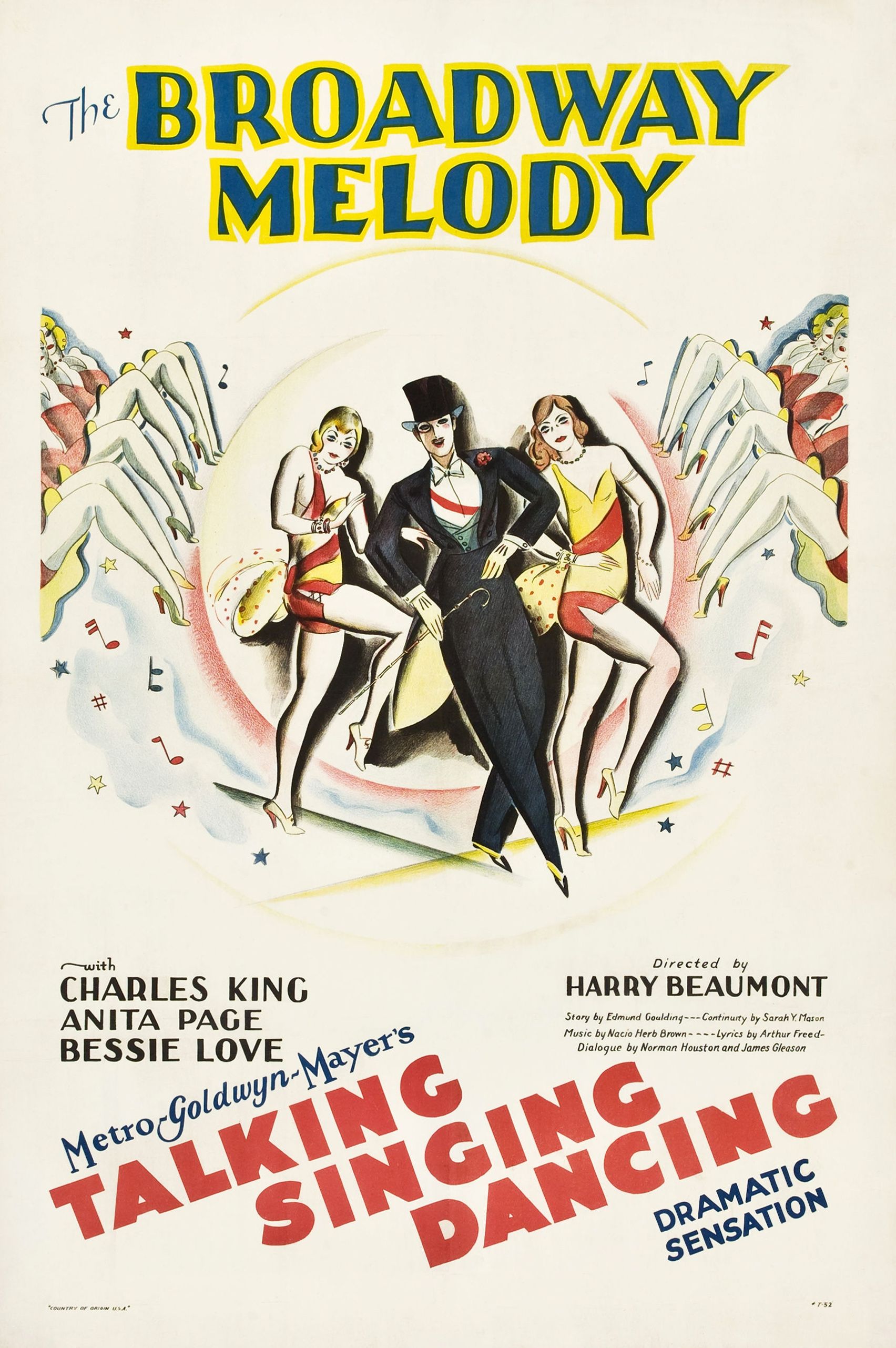
The Broadway Melody
A pair of sisters from the vaudeville circuit try to make it big time on Broadway, but matters of the heart complicate the attempt.
Release Date June 6, 1929
Director Harry Beaumont
Cast Charles King , Anita Page , Bessie Love , Eddie Kane
Runtime 100 minutes
Rent on Amazon
95 ‘Crash’ (2005)
Who Should’ve Won: ‘Brokeback Mountain’
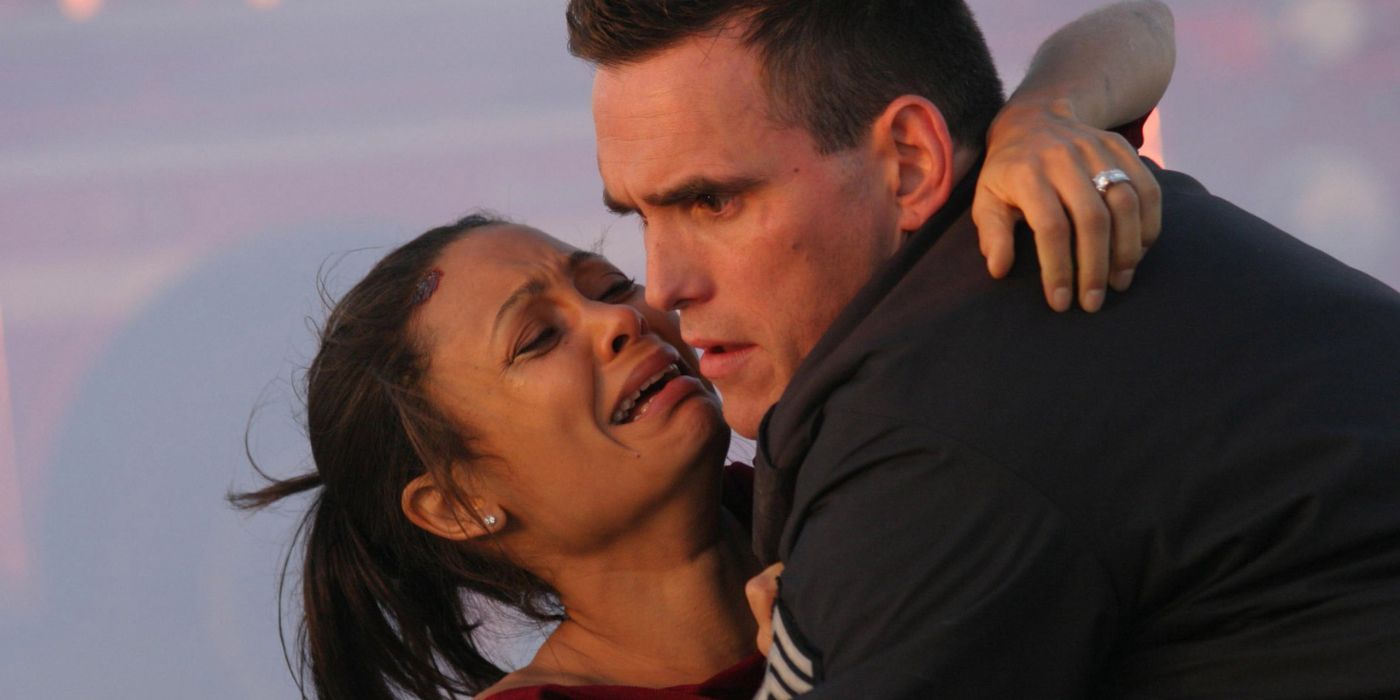 Image via Lions Gate Films
Image via Lions Gate Films
Okay, okay, no, Crash isn’t the worst Best Picture winner; it’s the second worst. Yes, Paul Haggis’ Crash was the worst nominee in its year, and yes, this is a film of interconnected stories about people in Los Angeles who are waiting for the smallest possible provocation to spew the absolute worst racist stuff they’ve clearly been waiting for an opportunity to say. The message of Crash is basically, “Racism is bad, but…we’re all a little racist, right?”
The ever-reliable Sandra Bullock decides not to be so judgmental when her housekeeper helps her after she falls down, like, four steps. Matt Dillon apparently isn’t such a garbage person because he doesn’t let the woman (Thandiwe Newton) he felt up earlier in the film blow up in a car crash. Ludacris is a hero because he doesn’t let a van full of immigrants get sold. BUT all that being said, Crash is at least an interesting mess, and the way these stories weave into each other is at least occasionally well-done. Plus, Michael Peña is innocent here, likely because he’s the only character not extremely racist, and he gets a moment to show his layers that aren’t entirely centered on race. Crash is by no means a good film, but it’s not without some merits.
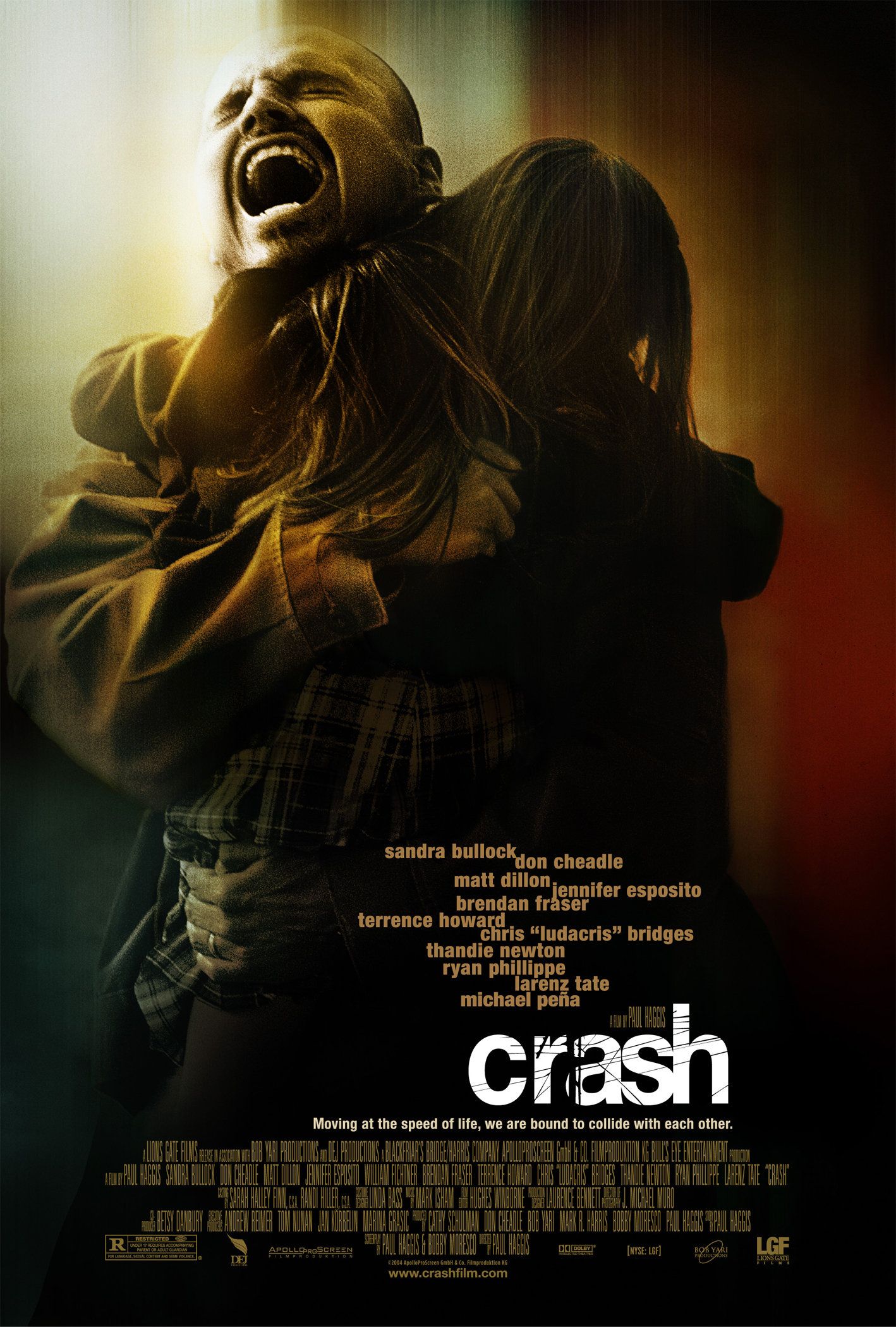
Crash
Los Angeles citizens with vastly separate lives collide in interweaving stories of race, loss and redemption.
Release Date May 6, 2005
Director Paul Haggis
Cast Karina Arroyave , Dato Bakhtadze , Sandra Bullock , Don Cheadle , Art Chudabala , Sean Cory , Thandiwe Newton
Runtime 112 minutes
Watch on Prime
94 ‘Cimarron’ (1931)
Who Should’ve Won: ‘The Front Page’
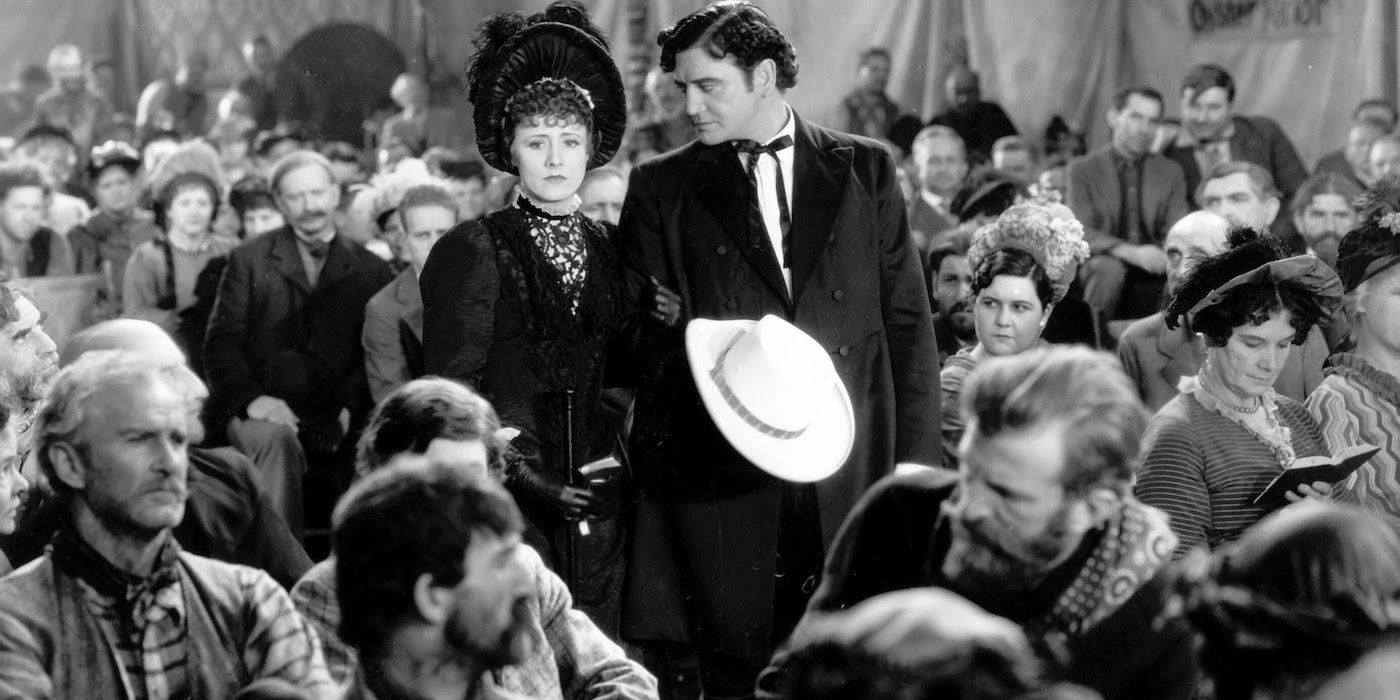 Image via RKO Radio Pictures
Image via RKO Radio Pictures
There may not be a better example of how the reception to certain Best Picture winners changes over time than with Wesley Ruggles’ 1931 film, Cimarron. The first Western to win Best Picture, Cimarron was originally praised for its scope and the lead performances by Richard Dix and Irene Dunne (both nominated as well). Now, Cimarron is mostly remembered as an extremely dated film, full of racist stereotypes, and considered one of the more unfortunate winners in this category.
Yet while an uncomfortable watch at times full of pacing issues, the scale that Cimarron attempts in adapting Edna Ferber’s story of the Oklahoma land rush and spanning several decades is still spectacular for the time. Five-time nominee Dunne, who never won an Academy Award, also gives a strong performance despite the film’s many problems. Even though only a handful of Westerns have ever won Best Picture, Cimarron remains the worst, a problematic example of cinematic tropes that has aged worse than most winners.
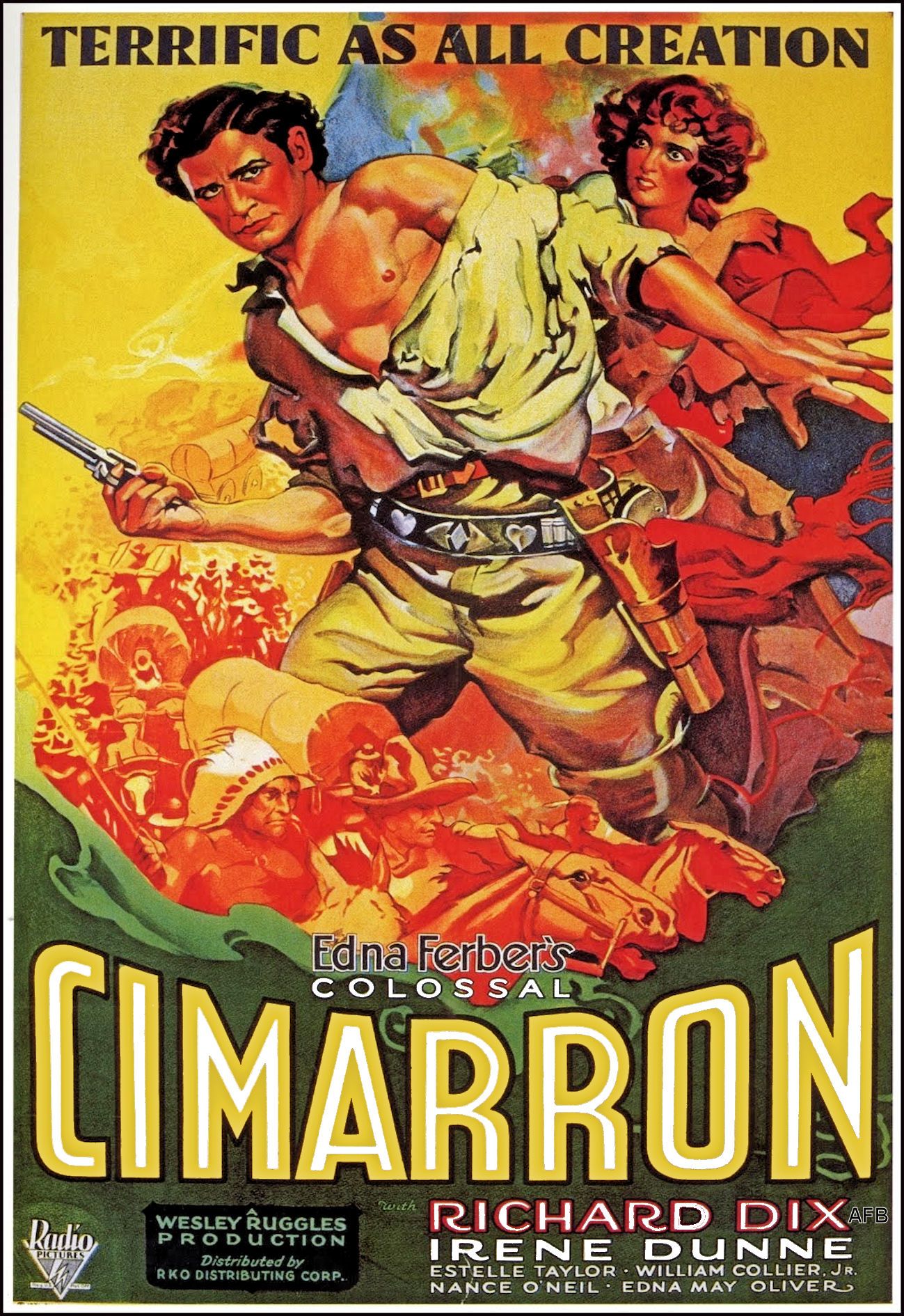
Cimarron
A newspaper editor settles in an Oklahoma boom town with his reluctant wife at the end of the nineteenth century.
Release Date February 9, 1931
Director Wesley Ruggles
Cast Richard Dix , Irene Dunne , Estelle Taylor , Nance O’Neil
Runtime 123 minutes
Rent on Amazon
93 ‘The Great Ziegfeld’ (1936)
Who Should’ve Won: ‘Mr. Deeds Goes to Town’
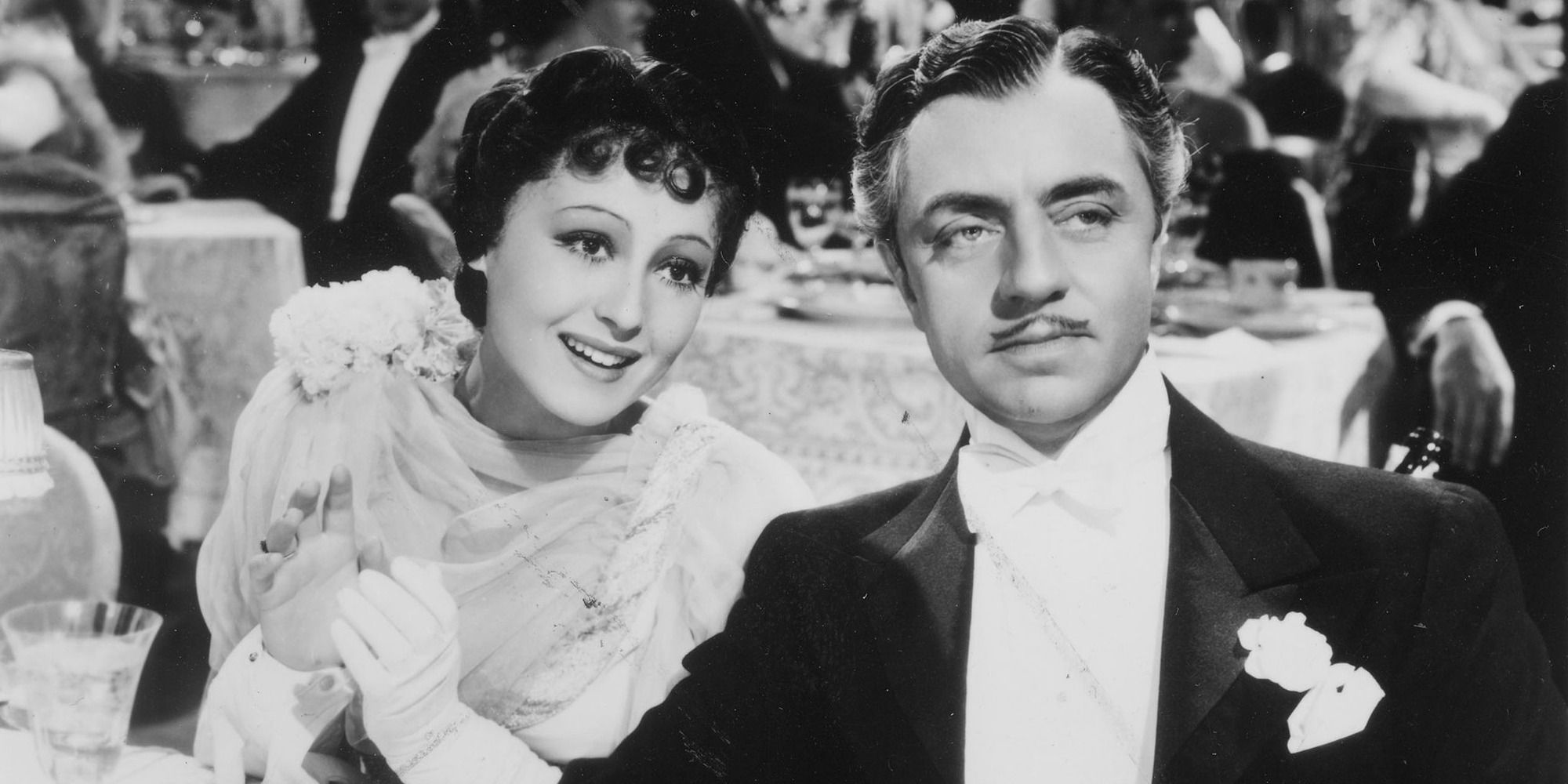 Image via Loew’s Inc.
Image via Loew’s Inc.
Everything about The Great Ziegfeld is extravagant. One set cost almost $5 million in today’s dollars, the movie employed over a thousand people throughout its filming, and at the time of its release, it was the longest-talking film ever made. But nearly ninety years later, what matters the most is how The Great Ziegfeld feels even longer than three hours, an exhausting experience full of technical marvels that doesn’t hold up anymore.
This story of the man behind the Ziegfeld Follies proves that the Academy has always loved their bloated biopics, even though William Powell does his best as the title character. It’s understandable how it would’ve been a marvel at the time of its release, but today, The Great Ziegfeld is merely a showcase for how far cinema has come since the mid-1930s.
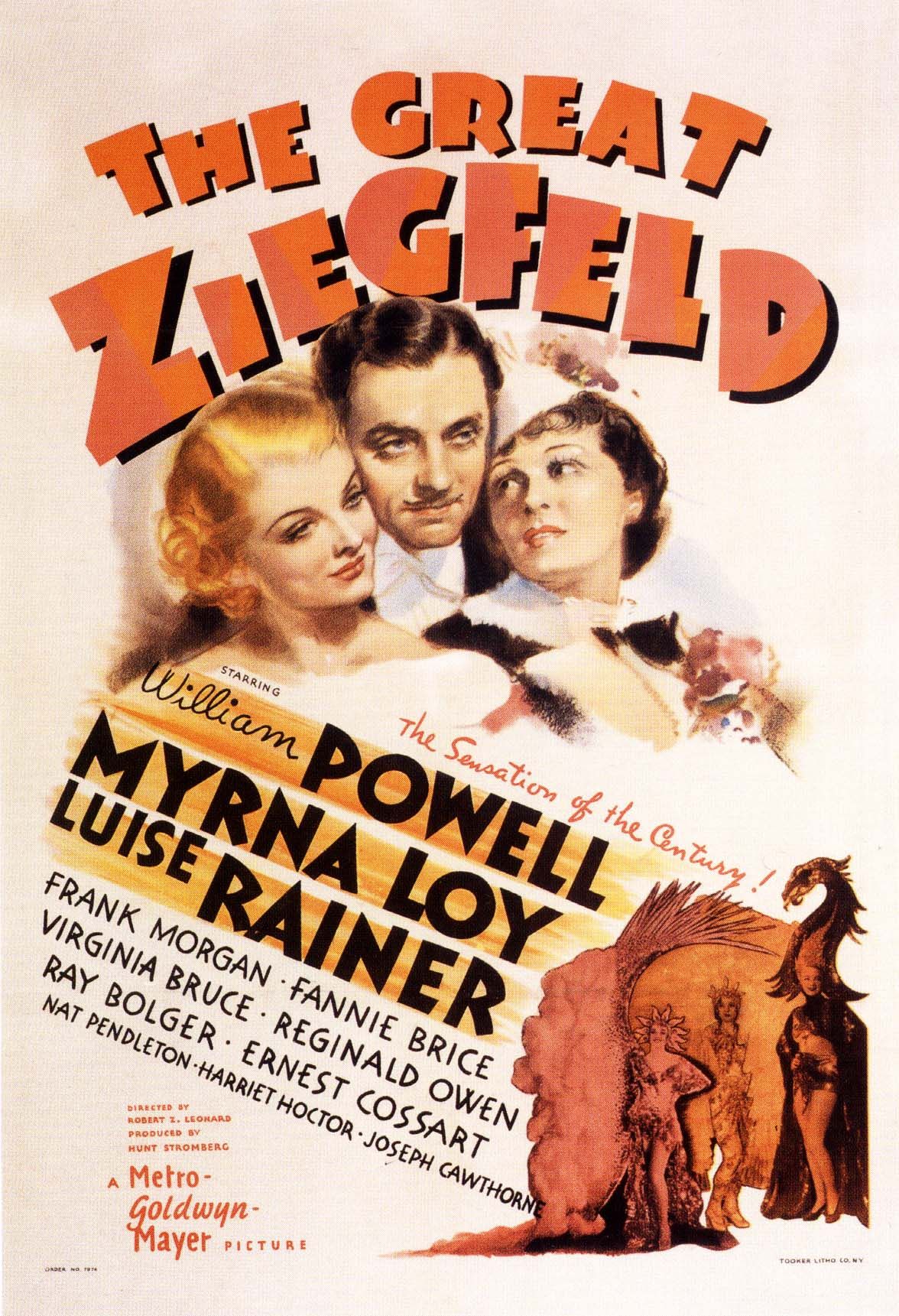
The Great Ziegfeld
The ups and downs of Florenz Ziegfeld Jr., famed producer of extravagant stage revues, are portrayed.
Release Date September 23, 1936
Director Robert Z. Leonard
Cast William Powell , Myrna Loy , Luise Rainer , Frank Morgan
Runtime 176 minutes
Rent on Amazon
92 ‘Tom Jones’ (1963)
Who Should’ve Won: ‘How the West Was Won’
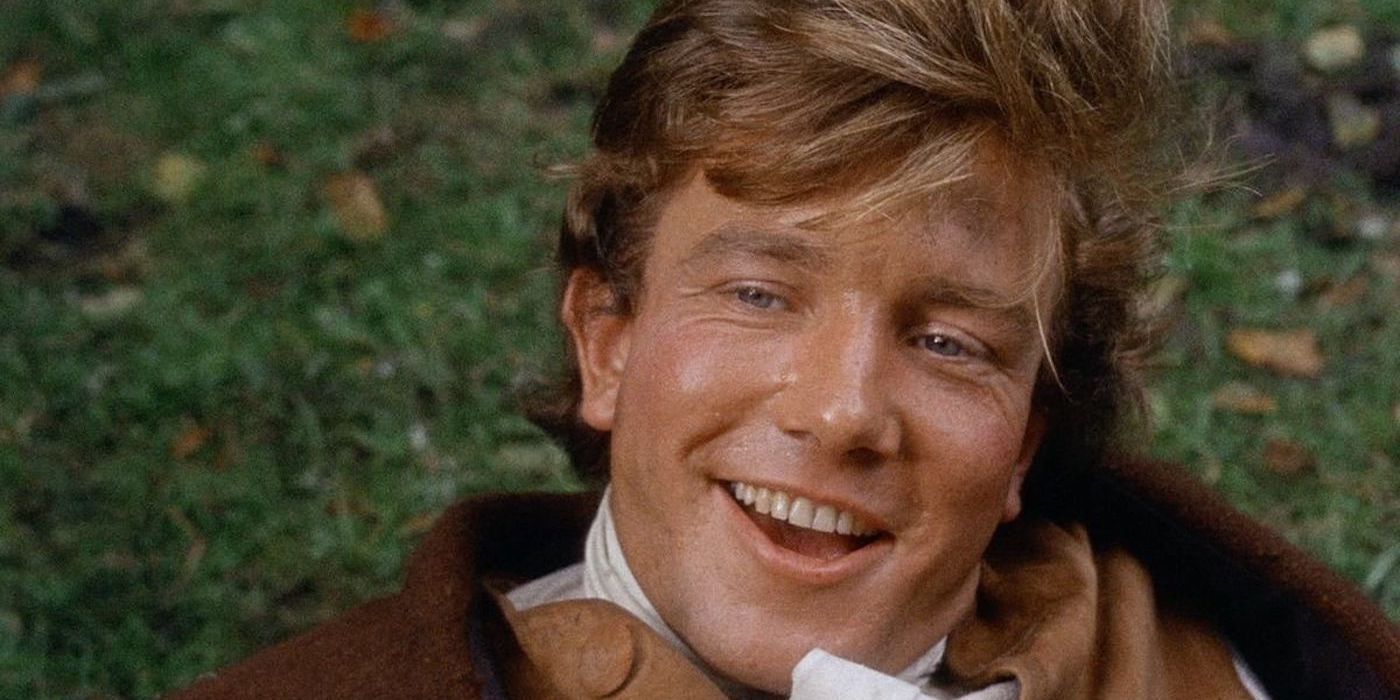 Image via United Artists
Image via United Artists
Director Tony Richardson made a name for himself in the 1960s British New Wave with films like A Taste of Honey and The Loneliness of the Long Distance Runner. Meanwhile, John Osborne was part of the “angry young men” writers that were coming up around the same time. While their films often focused on the gritty stories of modern everyday life, their team-up for Tom Jones—an adaptation of a 1749 Henry Fielding novel—was a complete 180 from the norm for them.
One of the most puzzling Best Picture winners, Tom Jones is a wild, horny comedy where the titular character (Albert Finney) basically screws his way around England. The film’s narration begins with the statement that Tom was a bastard “born to be hanged,” and Richardson’s film never dissuades viewers that that’s exactly how this story will—and probably should—end. Tom Jones is a strange social satire that became oddly popular in the U.S., but it also likely won Best Picture because it was a relatively weak year in the category. For the time, Tom Jones is a quirky, often unhinged film that screams of 1960s British humor, but it’s also far too weird and surprisingly bland in large chunks to deserve this honor.
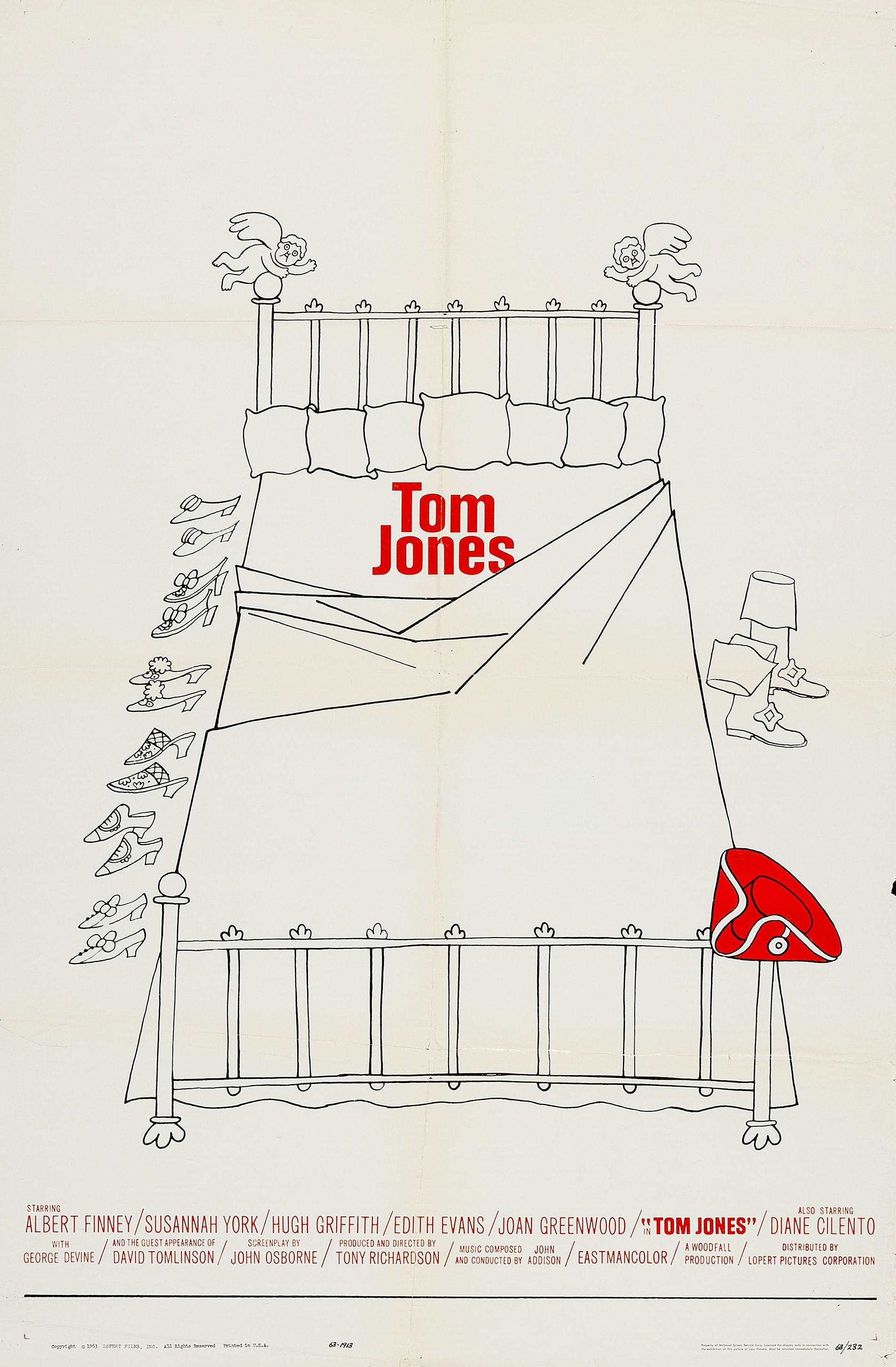
Tom Jones (1963)
The romantic and chivalrous adventures of adopted bastard Tom Jones in 18th-century England.
Release Date August 24, 1963
Director Tony Richardson
Cast Albert Finney , Susannah York , Hugh Griffith , Edith Evans , Joan Greenwood , Diane Cilento
Runtime 129 minutes
Watch on Criterion
91 ‘Green Book’ (2018)
Who Should’ve Won: ‘Roma’
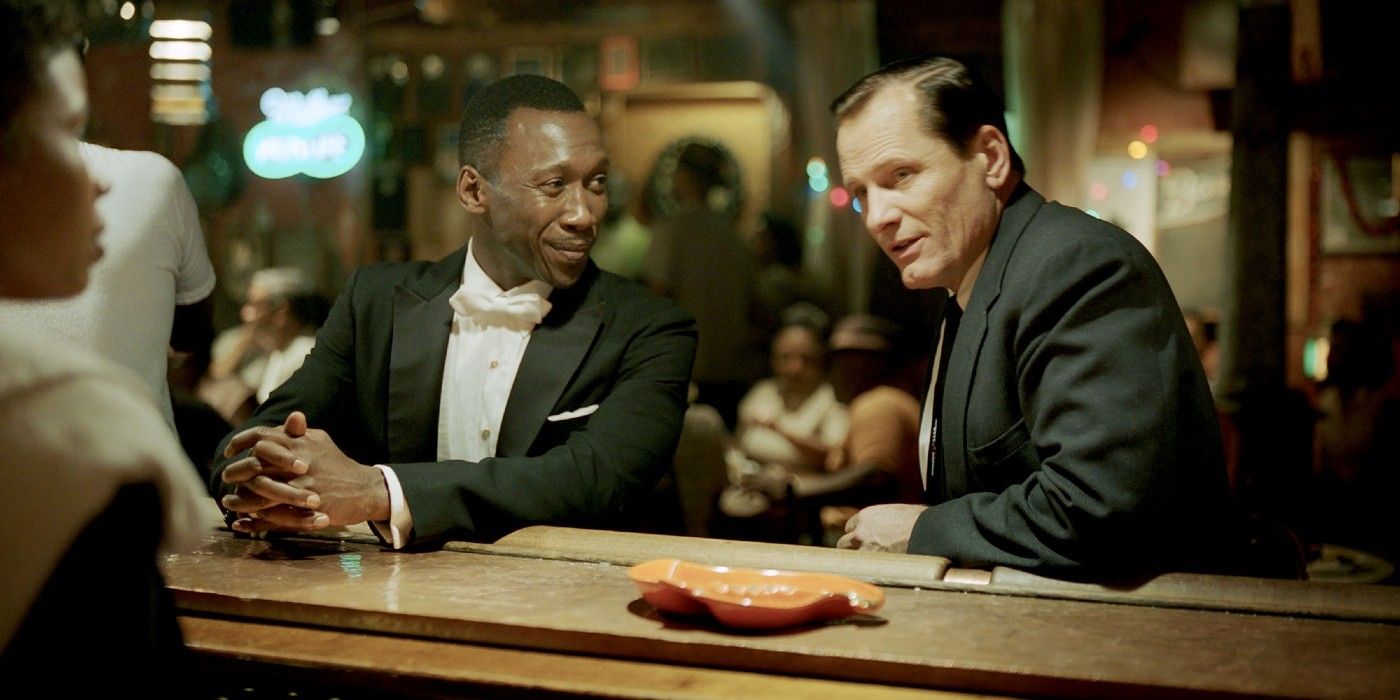 Image via Universal Pictures
Image via Universal Pictures
Coming between Best Picture wins for the unconventional, daring films The Shape of Water and Parasite—which showed the Oscars’ voting group was expanding—Green Book came along to remind that, while things were changing, the old guard was there to make their presence known. Green Book is the story of Tony Lip (Viggo Mortensen), a farcical Italian stereotype of a man driving a superb pianist, Don Shirley (Mahershala Ali), into the Deep South for his tour in the 1960s. But basically, it’s the story of a racist white man becoming friends with a black man, and isn’t that nice?
Directed by Peter Farrelly (yes, the Peter Farrelly behind Dumb and Dumber and There’s Something About Mary) and co-written by Farrelly, Brian Hayes Currie, and Tony Lip’s son, Nick Vallelonga, Green Book didn’t even bother to check with Shirley’s family, who stated that the film misrepresented him—a shame, considering he’s absolutely the interesting half of this duo. Mortensen and Ali elevate this hacky story with their performances, but it’s embarrassing that Green Book won Best Picture against films like BlacKkKlansman, The Favourite, and Roma.
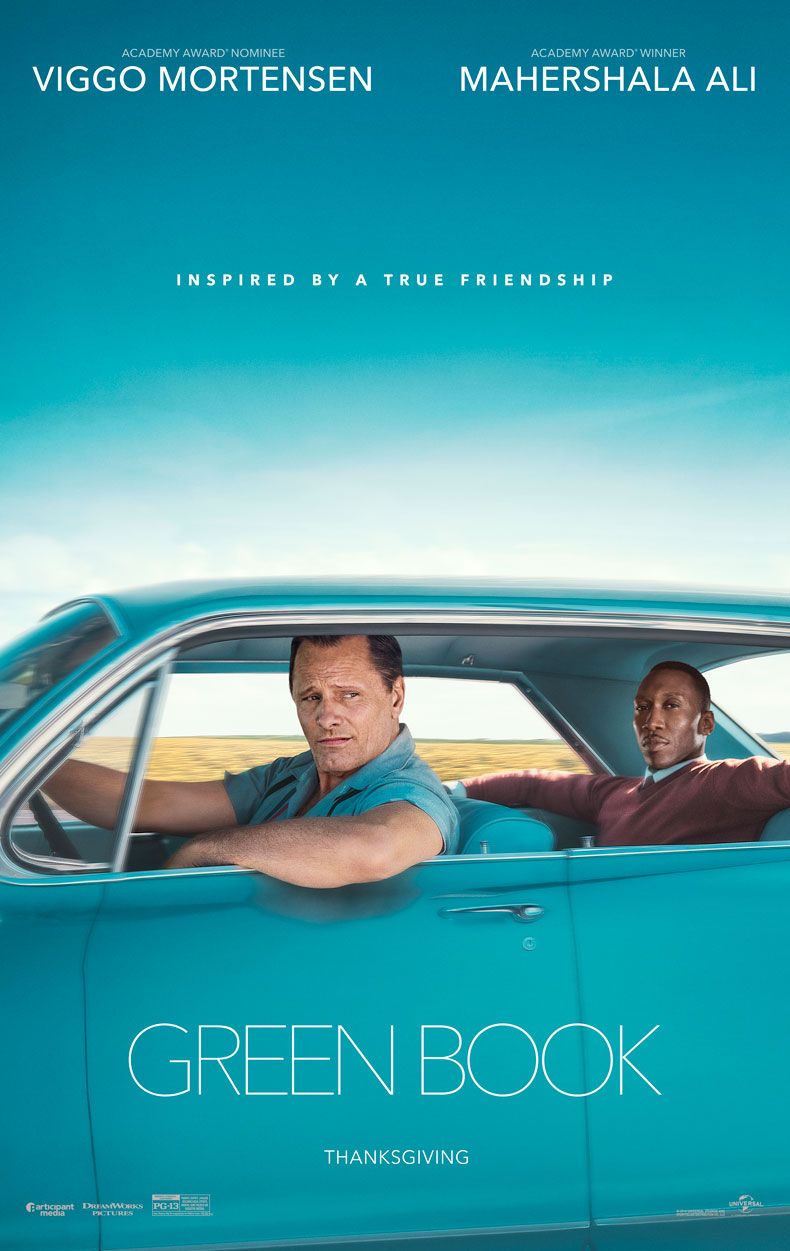
Green Book
A working-class Italian-American bouncer becomes the driver for an African-American classical pianist on a tour of venues through the 1960s American South.
Release Date November 16, 2018
Director Peter Farrelly
Runtime 130
Rent on Amazon
90 ‘The Life of Emile Zola’ (1937)
Who Should’ve Won: ‘A Star Is Born’
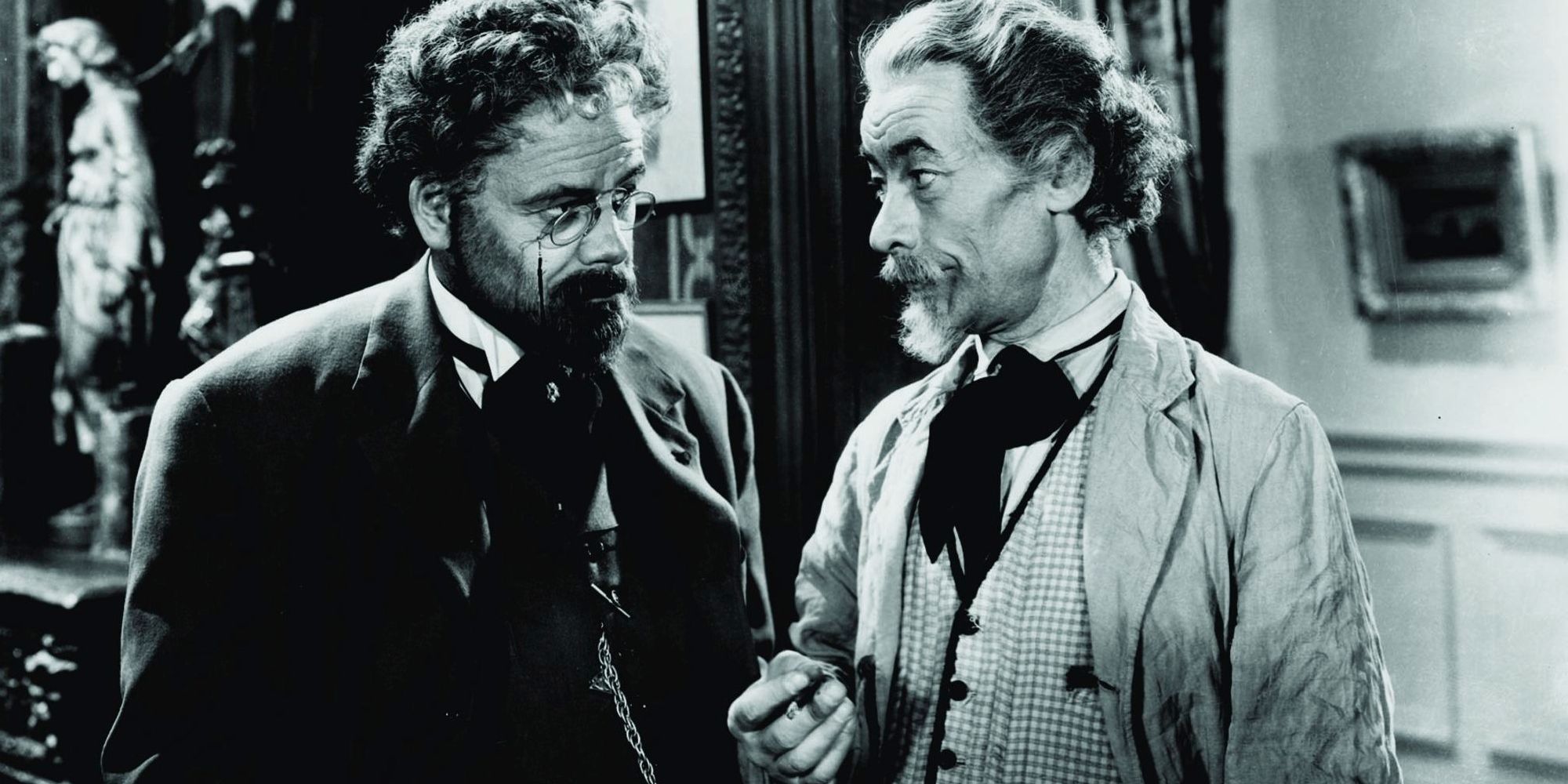 Image via Warner Bros. Pictures
Image via Warner Bros. Pictures
Released after the Nazi Party had risen to power in Germany, The Life of Emile Zola was widely praised at the time. However, further research into the production’s history shows some questionable changes made, including taking the word “Jew” out of the screenplay, as well as references to antisemitism.
Since the film largely focuses on Emile Zola (Paul Muni) and his involvement in the Dreyfus Affair, which explored antisemitism in late 19th-century France, this change is unfortunate, especially considering the timeliness of the story. But also, William Dieterle’s film takes its time getting to Zola and the Dreyfus Affair, when this period should’ve probably been the focus. Despite some moments that seem to speak out against the rise in fascism, The Life of Emile Zola could’ve—and should’ve—been so much more than it is.
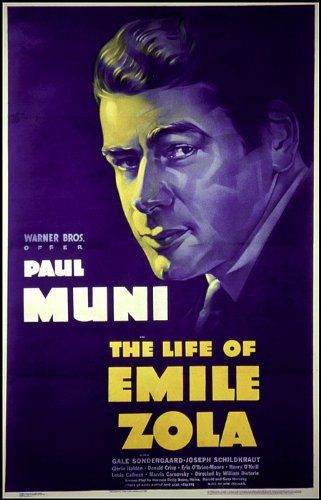
The Life of Emile Zola (1937)
The biopic of the famous French muckraking writer and his involvement in fighting the injustice of the Dreyfus Affair.
Release Date October 2, 1937
Director William Dieterle
Cast Paul Muni , Gale Sondergaard , Joseph Schildkraut , Gloria Holden , Donald Crisp , Erin O’Brien-Moore , John Litel , Henry O’Neill
Runtime 116 Minutes
Rent on Amazon
89 ‘Out of Africa’ (1985)
Who Should’ve Won: ‘The Color Purple’
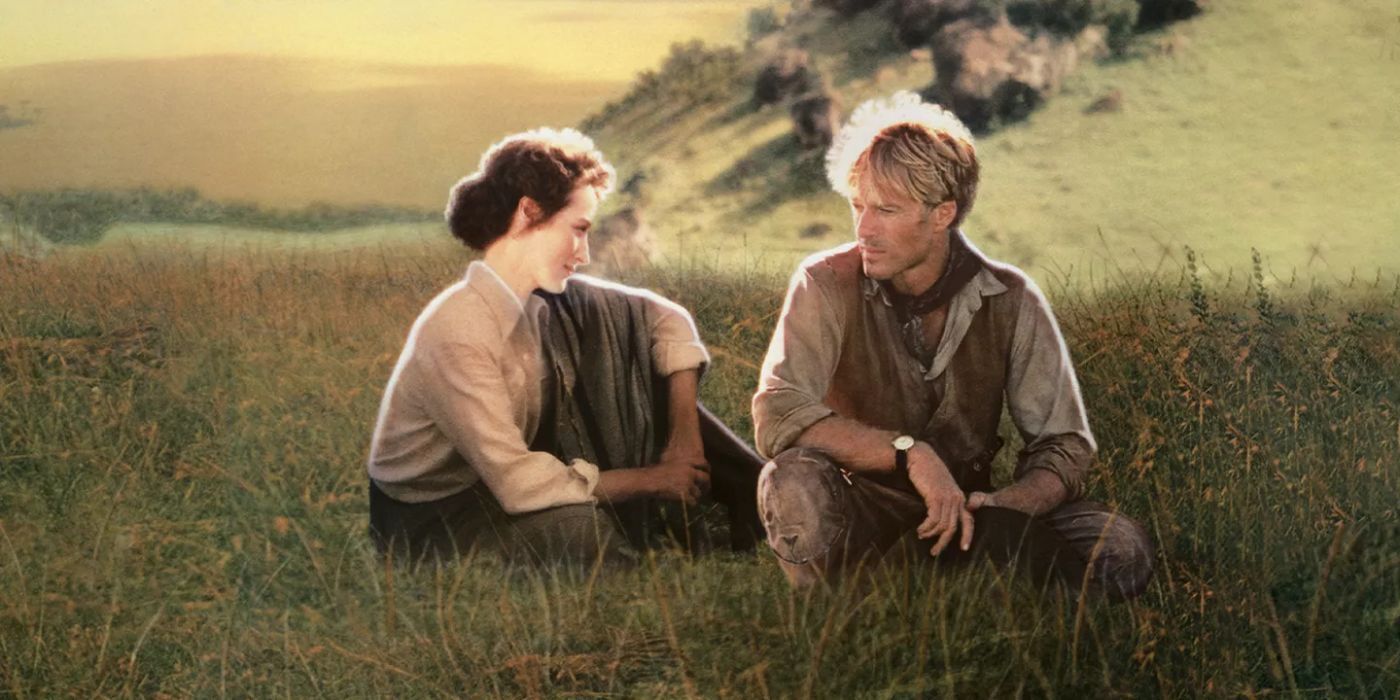 Image via Universal Pictures
Image via Universal Pictures
Out of Africa is without a doubt a gorgeous-looking film, with Sydney Pollack and David Watkin deserving the Best Director and Best Cinematography Oscars, respectively. But Out of Africa is also a long bore, based on Danish author Karen Blixen’s book about her decision to move to Africa at the beginning of the 20th century. The best parts of Out of Africa focus on the romance between Blixen (Meryl Streep) and Robert Redford’s Hon. Denys Finch Hatton and their budding romance along the African plains.
But whenever it gets away from this central relationship, Out of Africa simply becomes a waiting game until Streep and Redford are back on the screen together again. Both Out of Africa and The Color Purple were nominated for eleven Oscars this year, and while Out of Africa won seven, The Color Purple won zero, making it one of the biggest losers in Oscar history—an absolute shame considering how tedious Pollack’s film often is.
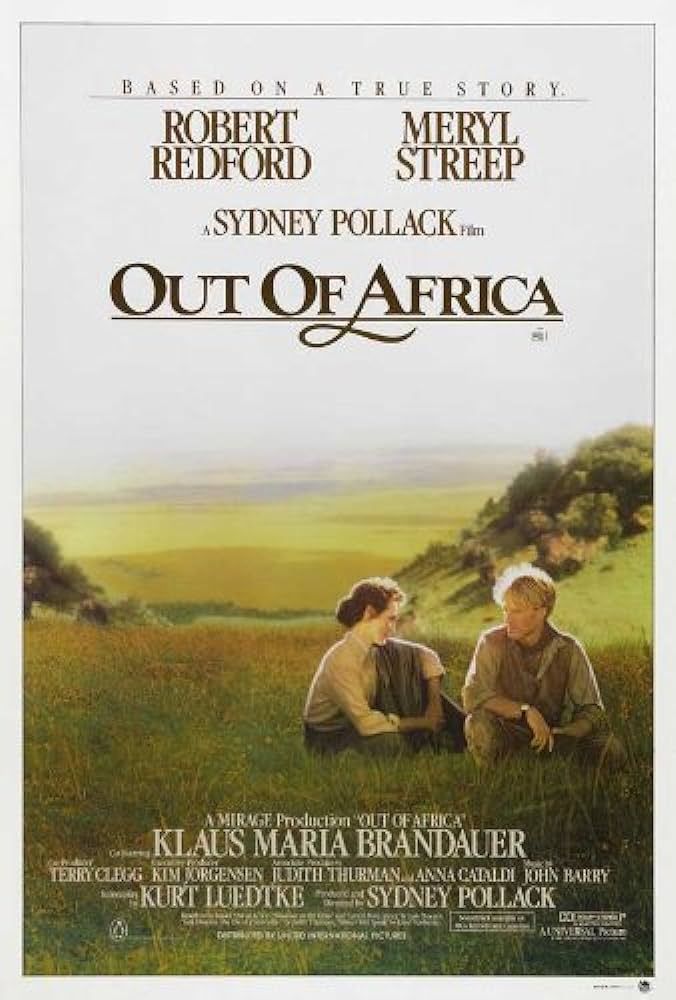
Out of Africa
In 20th-century colonial Kenya, a Danish baroness/plantation owner has a passionate love affair with a free-spirited big-game hunter.
Release Date December 20, 1985
Director Sydney Pollack
Runtime 150
Rent on Amazon
88 ‘The Greatest Show on Earth’ (1952)
Who Should’ve Won: ‘High Noon’
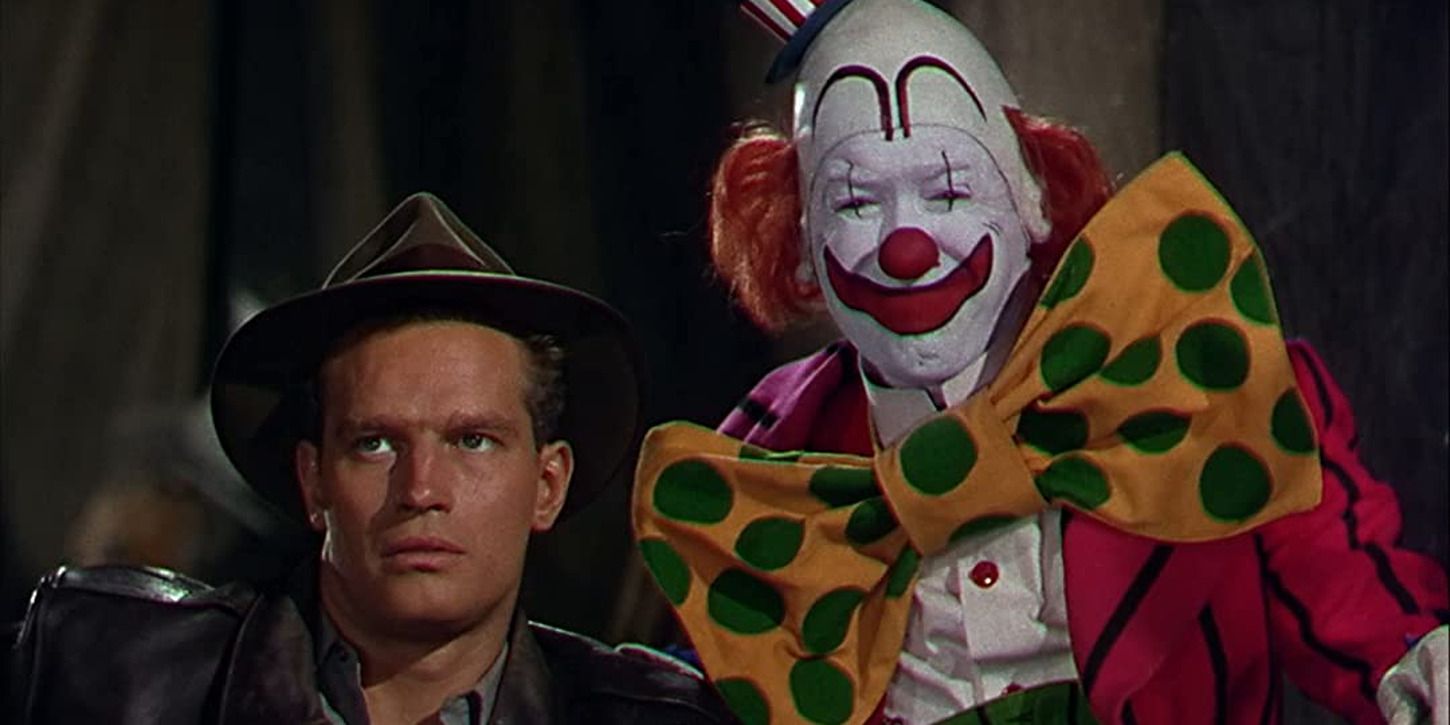 Image via Paramount Pictures
Image via Paramount Pictures
Cecil B. DeMille always loved a spectacle, and considering he was one of the first renowned directors of American cinema, it makes sense that the Academy would award one of his extravaganzas at some point. The Greatest Show on Earth, DeMille’s penultimate film, is all pageantry.
The film’s ensemble cast includes Charlton Heston as a ringleader, James Stewart in a scene-stealing role as a clown with a dark past, a cast that was made to learn and perform their own acts at the circus, and even features the real Ringling Bros. and Barnum & Bailey Circus. The Greatest Show on Earth is also a lot of flash without much substance—another trait of DeMille’s work. At the very least, The Fabelmans did show that the film had a major impact on Steven Spielberg at a young age and made him want to become a director, so at least it has that going for it.
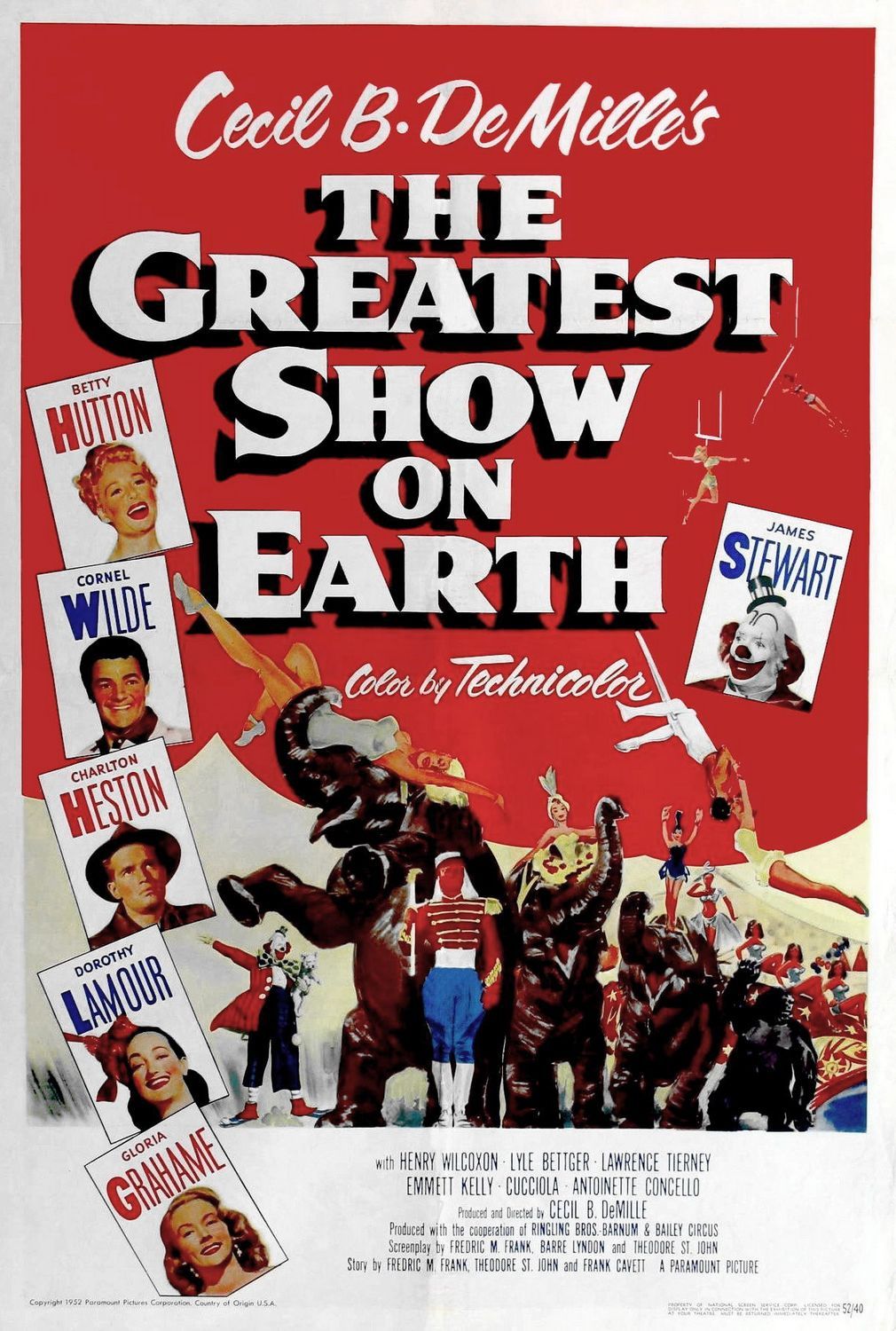
The Greatest Show on Earth
The dramatic lives of trapeze artists, a clown, and an elephant trainer are told against a background of circus spectacle.
Release Date May 1, 1952
Director Cecil B. DeMille
Runtime 152 minutes
Watch on PlutoTV
87 ‘Around the World in 80 Days’ (1956)
Who Should’ve Won: ‘Giant’
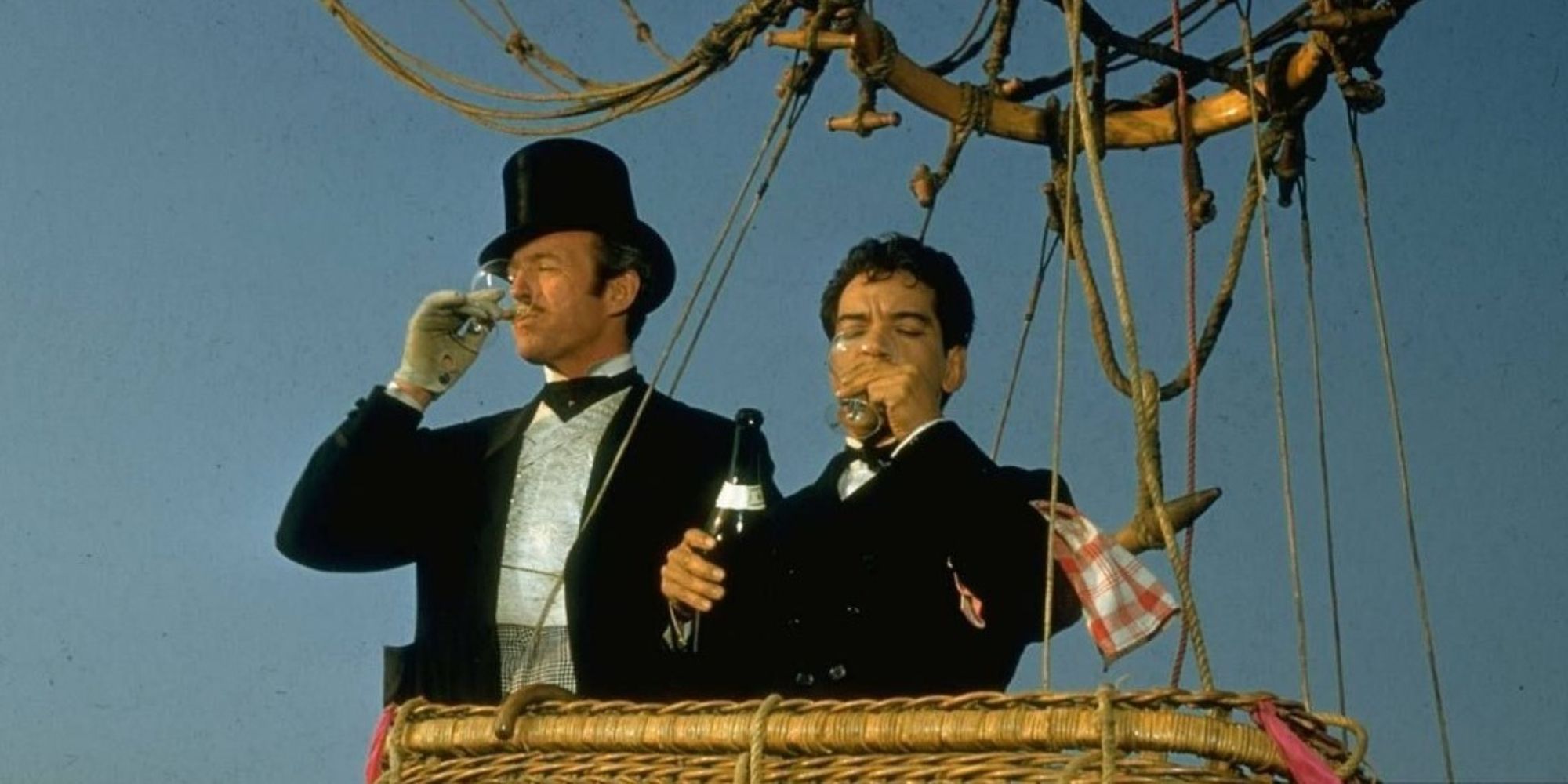 Image via United Artists
Image via United Artists
When looking at the other Best Picture nominees at the 29th Academy Awards—which included Giant, The King and I, and The Ten Commandments—it becomes clear that the Academy was all about awarding extravagant films at this time. But in 1956, no film could hold a candle to the absolutely bonkers Around the World in 80 Days. Michael Anderson’s globe-trotting film is packed with excess, filmed in 13 countries, included a cast that (including extras) numbered over 68,000 people, and featured the most costumes for a Hollywood film.
This is a film that starts with Edward R. Murrow explaining Jules Verne and cameos that include everyone from Peter Lorre, Buster Keaton, Frank Sinatra, and many, many more. Around the World in 80 Days is an almost unthinkable production that throws everything and the kitchen sink into this adaptation. As expected, it’s also a bit of a mess, overlong and hasn’t aged particularly well, but it’s hard to completely discount a picture going as all-in as this one does.
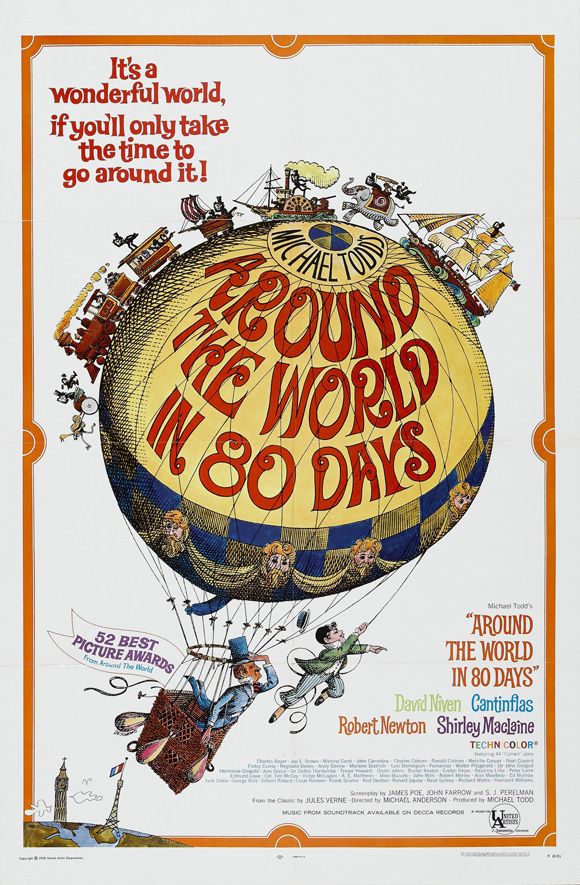
Around the World in Eighty Days
A Victorian Englishman bets that with the new steamships and railways, he can circumnavigate the globe in eighty days.
Release Date October 17, 1956
Director Michael Anderson , John Farrow
Cast David Niven , Cantinflas , Finlay Currie , Robert Morley , Noel Coward , Trevor Howard , John Gielgud
Runtime 175 minutes
Rent on Amazon
86 ‘Driving Miss Daisy’ (1989)
Who Should’ve Won: ‘Born on the Fourth of July’
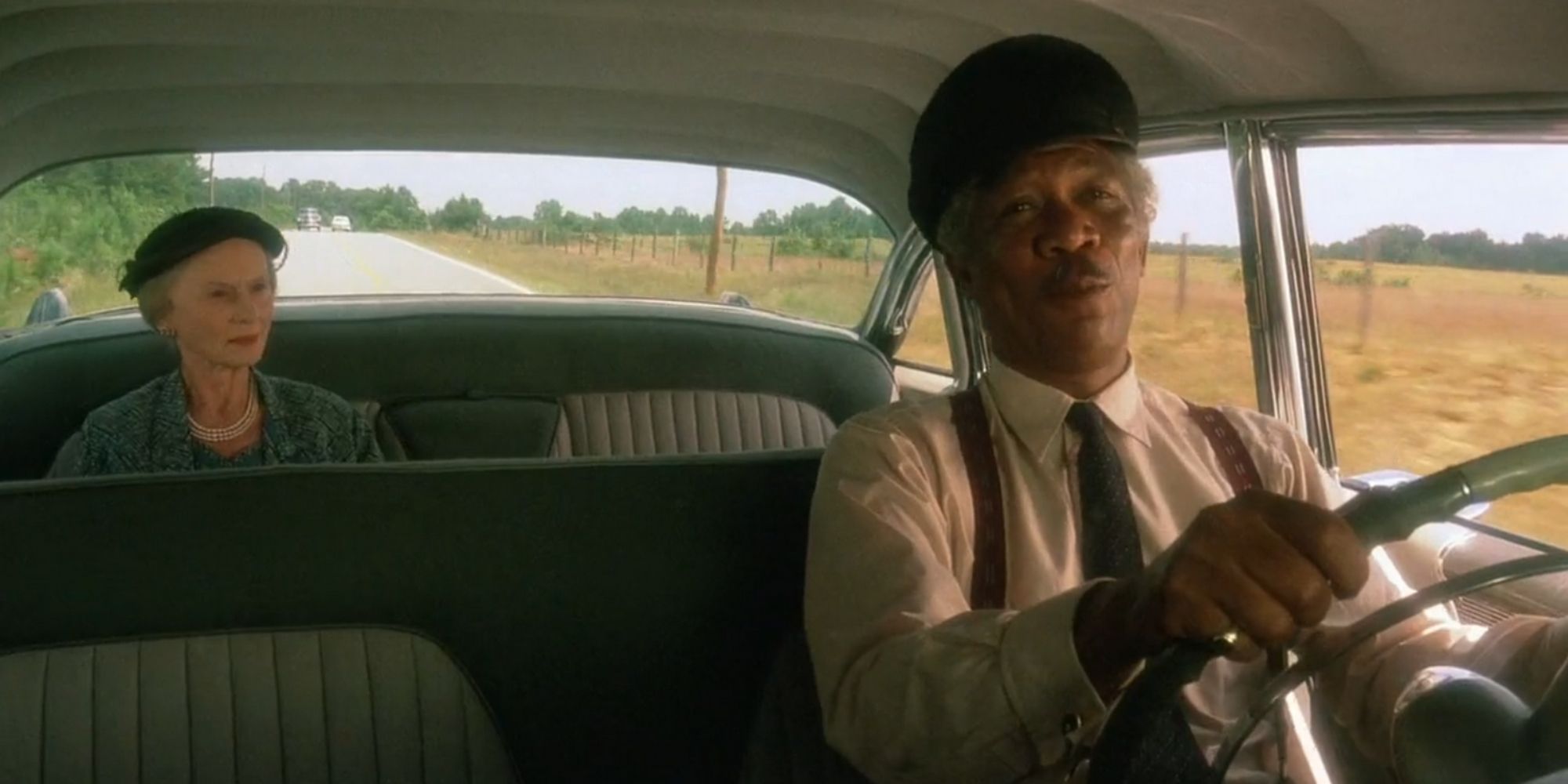 Image via Warner Bros. Pictures
Image via Warner Bros. Pictures
When looking back at 1989, it’s mind-boggling that Do the Right Thing wasn’t even nominated for Best Picture. However, it’s even more ironic that Spike Lee’s triumph came out in the same year as Bruce Beresford’s Driving Miss Daisy—especially when comparing how both of these films explore issues of race.
Driving Miss Daisy only works because of the performances and the relationship between Jessica Tandy’s Miss Daisy and Morgan Freeman’s Hoke. Alas, even they can’t keep this film from feeling extremely shallow in its discussions of discrimination and the world over the course of 25 years. In a daring year that produced gems like Do the Right Thing, Born on the Fourth of July, and Sex, Lies, and Videotape, the lame and absurdly tame Driving Miss Daisy was already a relic of an era that was far gone.
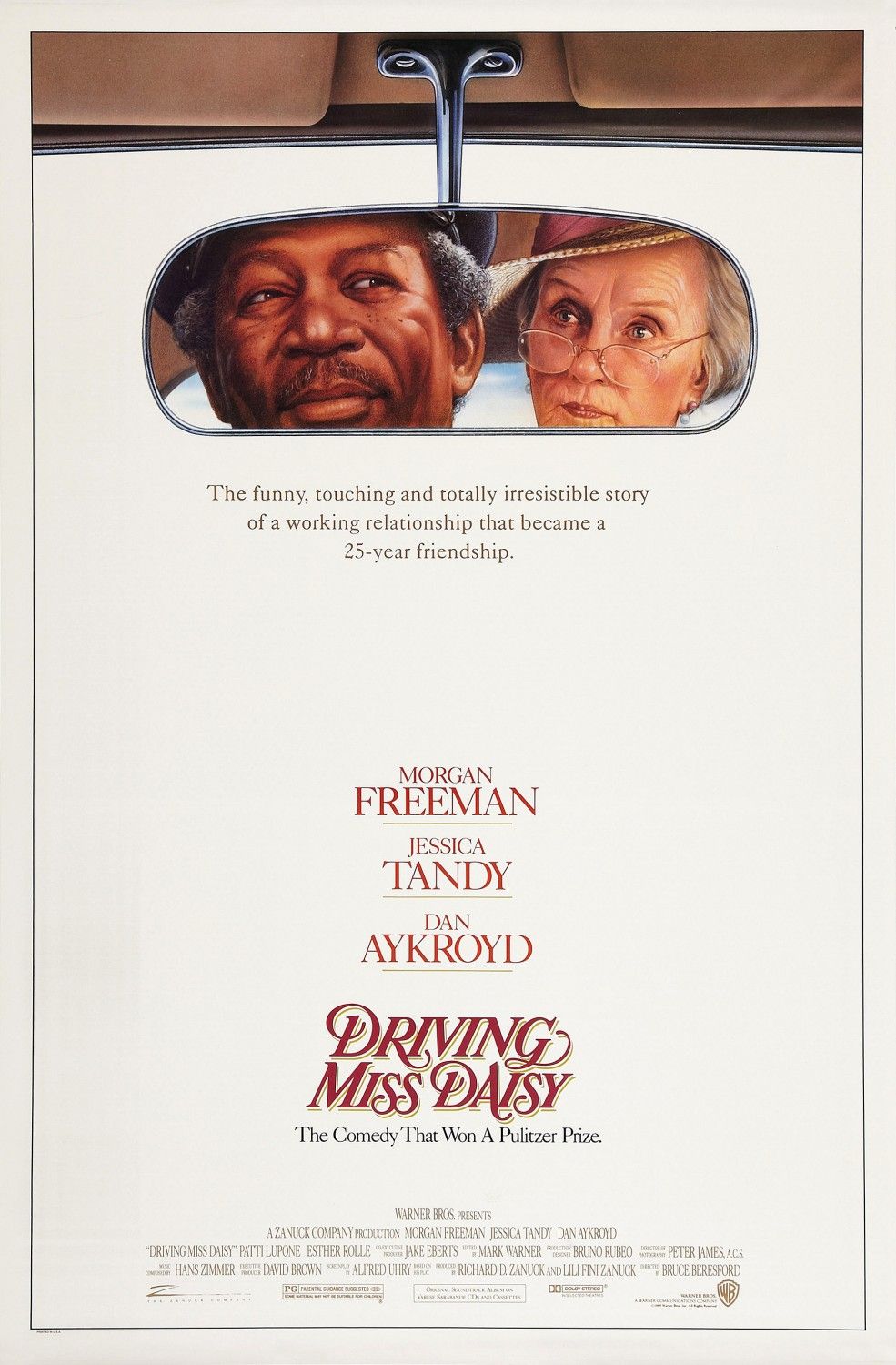
Driving Miss Daisy
An old Jewish woman and her African-American chauffeur in the American South have a relationship that grows and improves over the years.
Release Date December 15, 1989
Director Bruce Beresford
Runtime 99
Rent on Amazon
85 ‘Gigi’ (1958)
Who Should’ve Won: ‘Cat on a Hot Tin Roof’
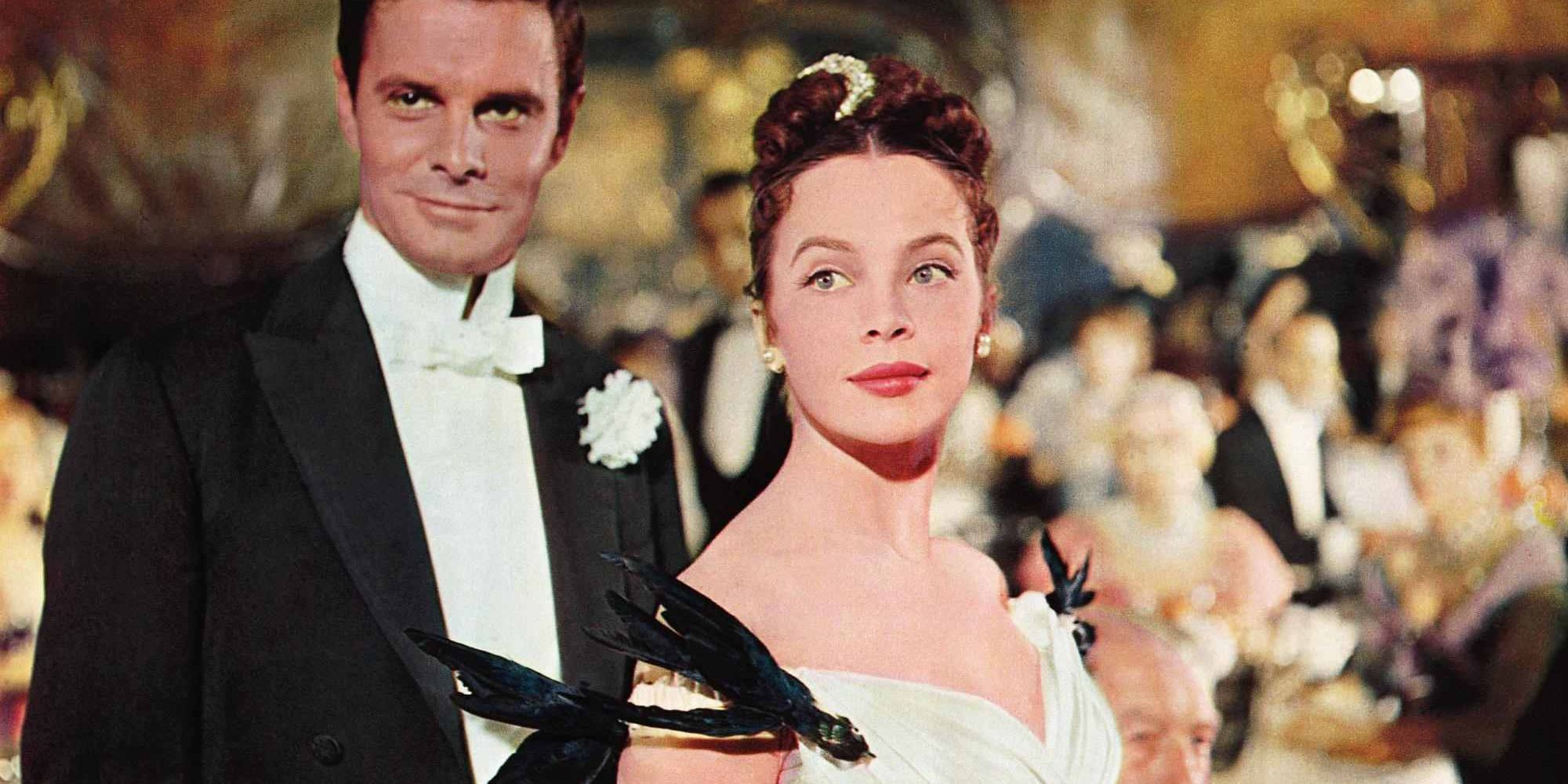 Image via MGM
Image via MGM
The advertising for Vincente Minnelli’s Gigi at the time really wanted the audience to know it was like My Fair Lady, from the poster saying it’s the first musical by Lerner-Loewe since My Fair Lady, to the trailer even calling it “A New Fair Lady.” Gigi beat My Fair Lady to movie theaters by six years, but it can’t match My Fair Lady in charm.
Minnelli knew how to shoot a superb movie musical, and he reunited with his An American in Paris star Leslie Caron, who is a delight as the title character. But at this point, Gigi is sort of odd, from the story centering around a sixteen-year-old being trained to be a courtesan by her family to the opening number of “Thank Heaven for Little Girls,” which is an inherently creepy song. Gigi had one of the biggest sweeps in Oscar history, winning all nine of its nominations, but at this point, thank heaven the Oscars awarded some other—better—musicals after this.
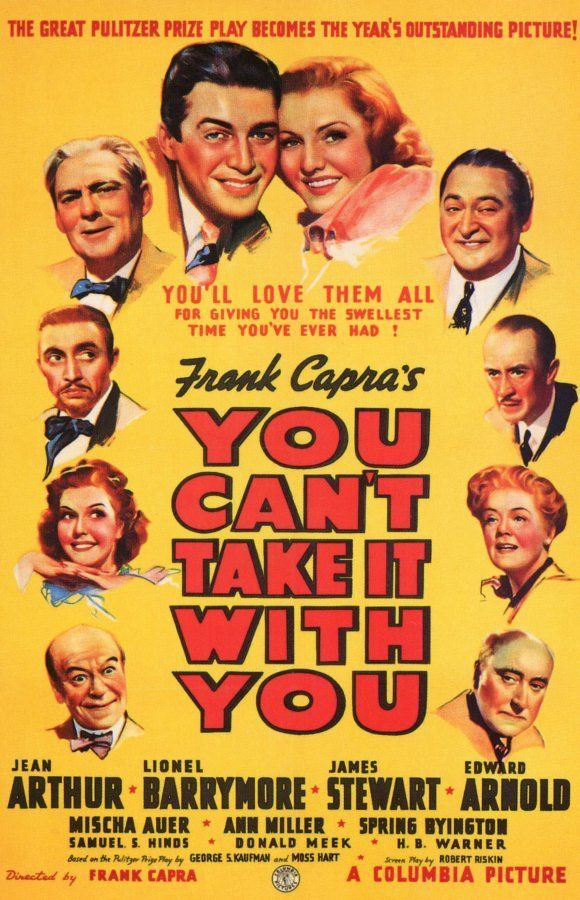
Gigi (1958)
Weary of the conventions of Parisian society, a rich playboy and a youthful courtesan-in-training enjoy a platonic friendship that may not stay platonic for long.
Release Date June 25, 1958
Director Vincente Minnelli , Charles Walters
Cast Leslie Caron , Maurice Chevalier , Louis Jordan , Hermione Gingold , Eva Gabor , Jacques Bergerac , Isabel Jeans , John Abbott
Runtime 115 Minutes
Rent on Amazon
84 ‘You Can’t Take It With You’ (1938)
Who Should’ve Won: ‘Grand Illusion’
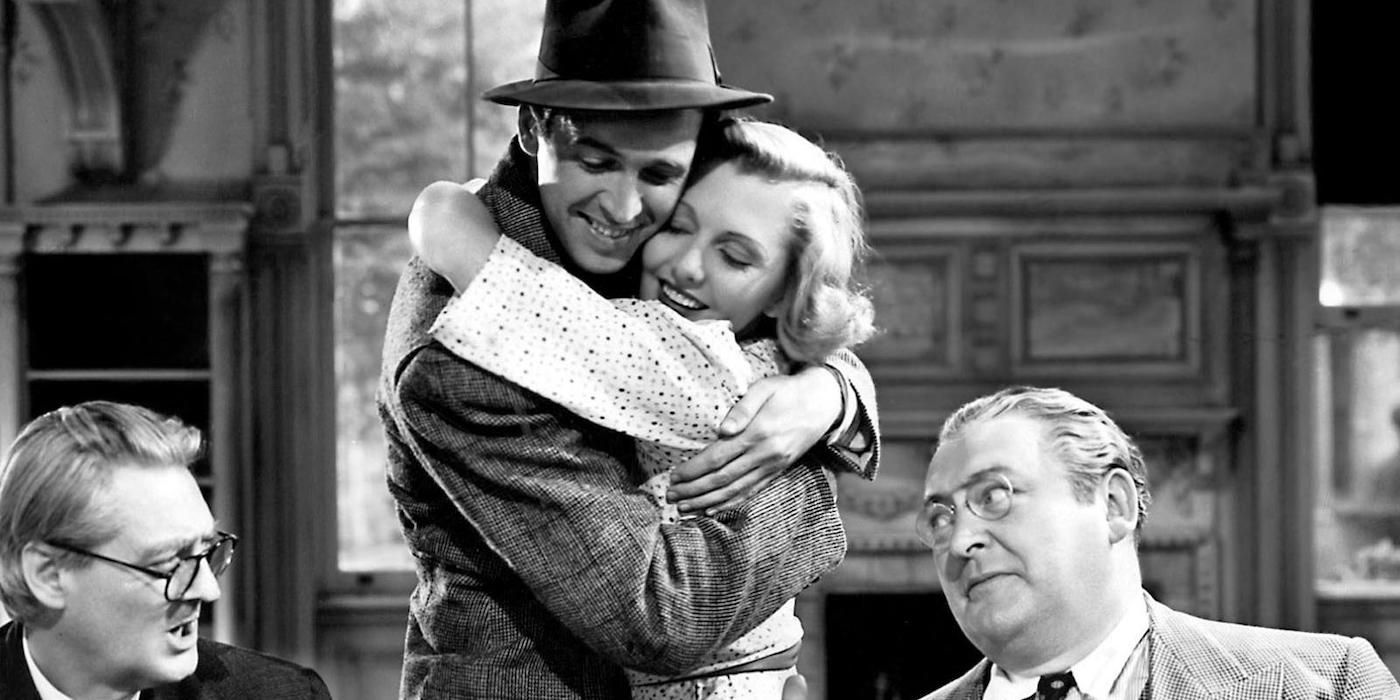 Image via Columbia Pictures
Image via Columbia Pictures
Even though You Can’t Take It With You would earn acclaimed director Frank Capra his third and final Best Director Oscar, this 1938 winner isn’t exactly one of his greatest gems. This story of old-money banker Tony Kirby (James Stewart) meeting the eccentric family of his fiancée Alice Sycamore (Jean Arthur) is a bit quirkier than one might expect from Capra’s work, but it nonetheless has quite a bit of charm.
But You Can’t Take It With You is probably most crucial for being the first film Capra made with Stewart, as the two would go on to make Mr. Smith Goes to Washington the following year. Their final collaboration, It’s a Wonderful Life, would also feature Lionel Barrymore, who also appears here as Alice’s Grandpa Martin Vanderhof. As with all Capra films, You Can’t Take It With You is worth the time, but it’s mostly important for the collaborations it kickstarted.

You Can’t Take It with You (1938)
The son of a snobbish Wall Street banker becomes engaged to a woman from a good-natured but decidedly eccentric family, not realizing that his father is trying to force her family from their home for a real estate development.
Release Date September 29, 1938
Director Frank Capra
Cast Jean Arthur , James Stewart , Lionel Barrymore , Edward Arnold , Mischa Auer , Ann Miller , Spring Byington , Samuel S. Hinds
Runtime 126 Minutes
Rent on Amazon
83 ‘Birdman or (The Unexpected Virtue of Ignorance)’ (2014)
Who Should’ve Won: ‘The Grand Budapest Hotel’
 Image via Fox Searchlight Pictures
Image via Fox Searchlight Pictures
Birdman is both ultra-ambitious and extremely pretentious—which has sort of become the calling card of Alejandro González Iñárritu. From the attempt to look like a one-shot for pretty much no reason to plenty of meta jokes about entertainment and the state of celebrity, Iñárritu is doing his best to show off in a film that screams, “Hey, art is important.” Just look at that title and try to say Birdman isn’t up its own butt, at least somewhat.
At least Iñárritu and cinematographer Emmanuel Lubezki know how to shoot a gorgeous film. And Iñárritu does have a fantastic cast to play around with, like Michael Keaton, who should’ve won the Oscar for his performance as a washed-up superhero actor attempting to become relevant again on Broadway, an all-time great Edward Norton, and roles for Emma Stone, Zach Galifianakis, and Andrea Riseborough that used these up-and-comers well. Like Keaton’s Riggan Thomson, Birdman is a film that wants to be liked via a piece of art that isn’t as good as it should be. Iñárritu made a name for himself with a film that’s all flash and little substance.
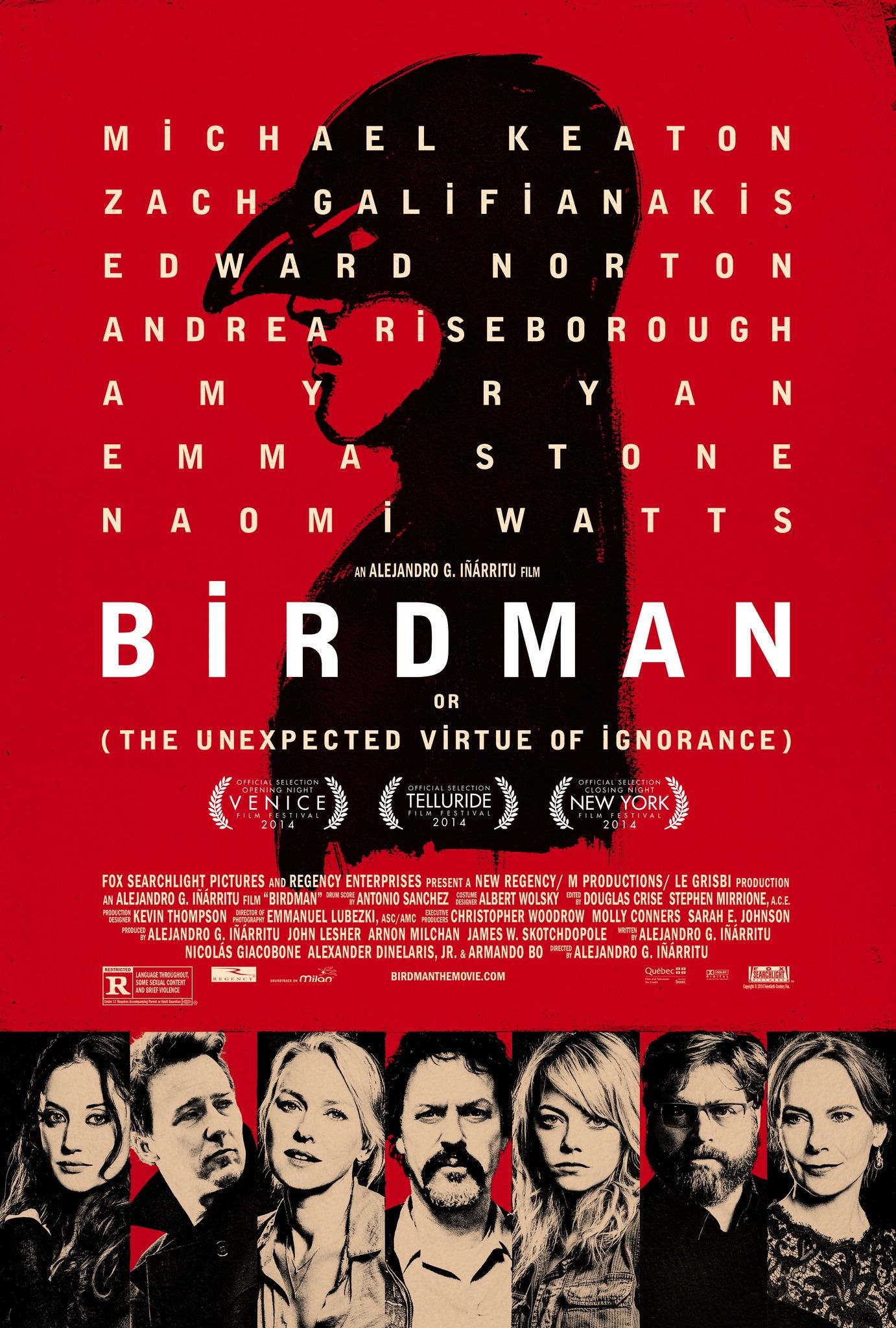
Birdman or (The Unexpected Virtue of Ignorance)
A washed-up superhero actor attempts to revive his fading career by writing, directing, and starring in a Broadway production.
Release Date November 14, 2014
Director Alejandro González Iñárritu
Runtime 119 minutes
Rent on Amazon
82 ‘A Man for All Seasons’ (1966)
Who Should’ve Won: ‘Who’s Afraid of Virginia Woolf?’
Much like his previous film, High Noon, director Fred Zinnemann’s A Man for All Seasons shows a singular man standing up for what’s right in a world that refuses to do so. This time around, the story follows Sir Thomas More (Paul Schofield) as he stands up against King Henry VIII (Robert Shaw), refusing to swear the Oath of Supremacy that would state the King was England’s Supreme Head of the Church.
King Henry VIII’s quest for power, to the point that he rewrites the laws to do so, is just as important 500 years after the original incident. The Oscar-winning script by Lawrence of Arabia and Doctor Zhivago writer Robert Bolt—adapted from his play—is the key to this whole conflict, passionate and powerful in this story of right facing down wrong. While Bolt captures this historical fight effectively, A Man for All Seasons still seems like it belongs on the stage while also feeling too similar to other stuffy British period dramas.
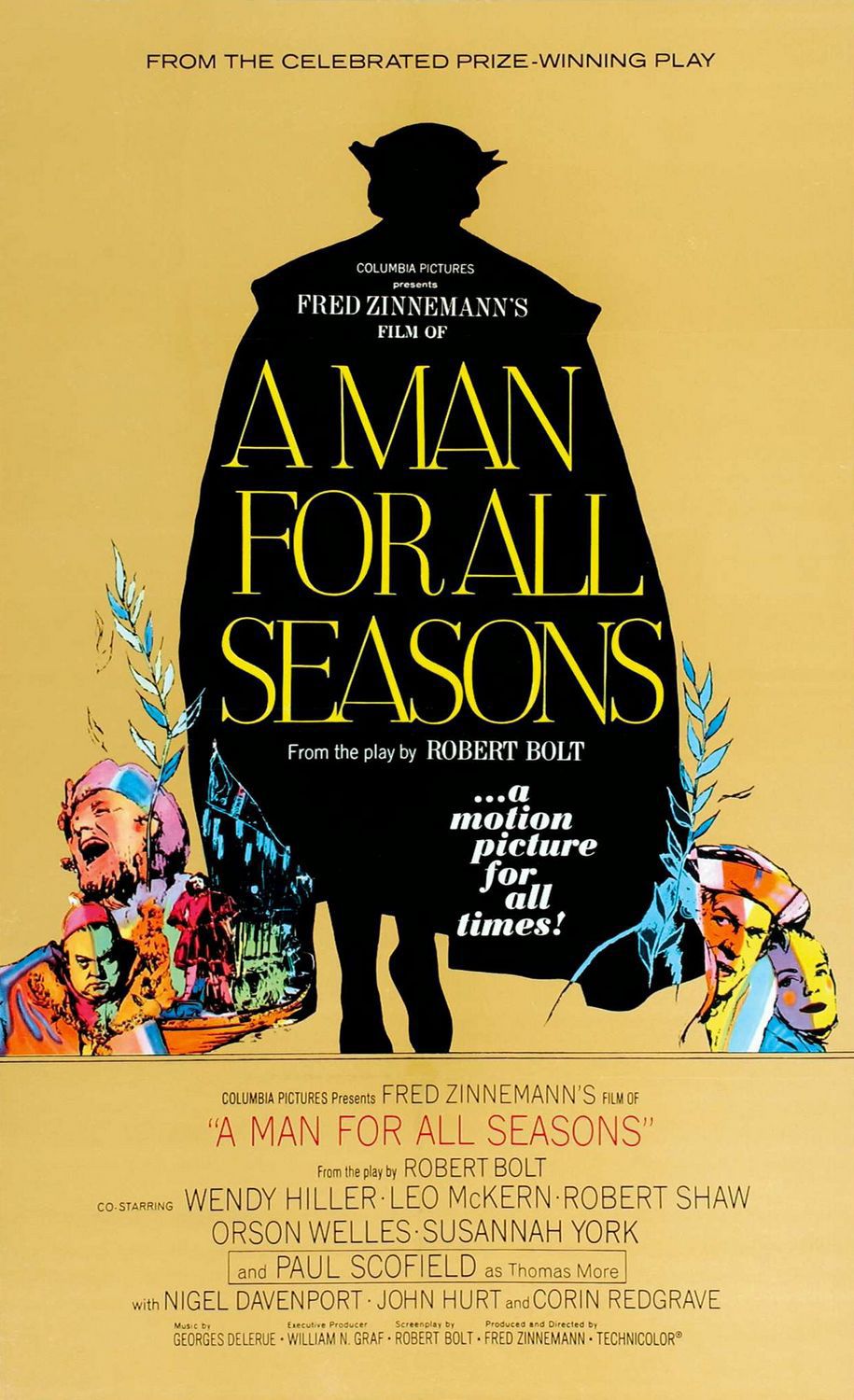
A Man for All Seasons (1966)
The story of Sir Thomas More, who stood up to King Henry VIII when the King rejected the Roman Catholic Church to obtain a divorce and remarry.
Release Date December 16, 1966
Director Fred Zinnemann
Cast Paul Scofield , Wendy Hiller , Robert Shaw , Leo McKern , Orson Welles , Susannah York , Nigel Davenport , John Hurt
Runtime 120 Minutes
Rent from Amazon
81 ‘Cavalcade’ (1933)
Who Should’ve Won: ‘A Farewell to Arms’
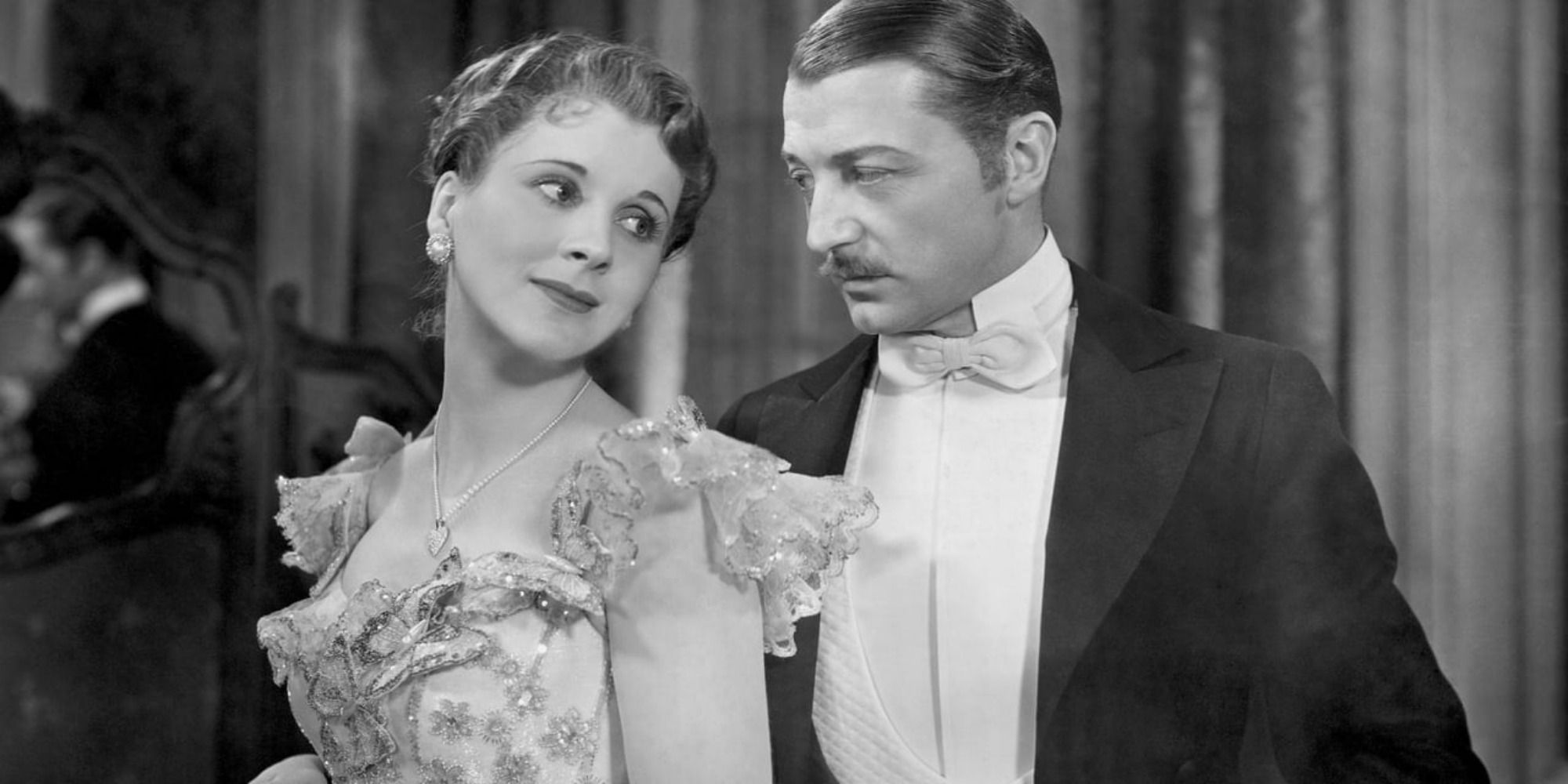 Image via 20th Century Studios
Image via 20th Century Studios
Taking place over 34 years, Frank Lloyd’s Cavalcade follows the upper-class Marryot family and how they react to the events of the time, like the sinking of the Titanic and World War I. Based on Noël Coward’s play of the same name, Cavalcade can’t help but seem like it belongs on the stage, with most of the film’s two hours taking place in one room—which is even commented on by the characters—as they discuss the issues of the time.
Cavalcade’s story also follows any joys with crushing tragedy to a laughable degree, while the story’s moral seems to be that with the world falling apart, it’s best to have your own fun in solitude. Like several of the early Best Picture winners, Cavalcade is ambitious, but the craft just isn’t quite there yet to do the story justice.
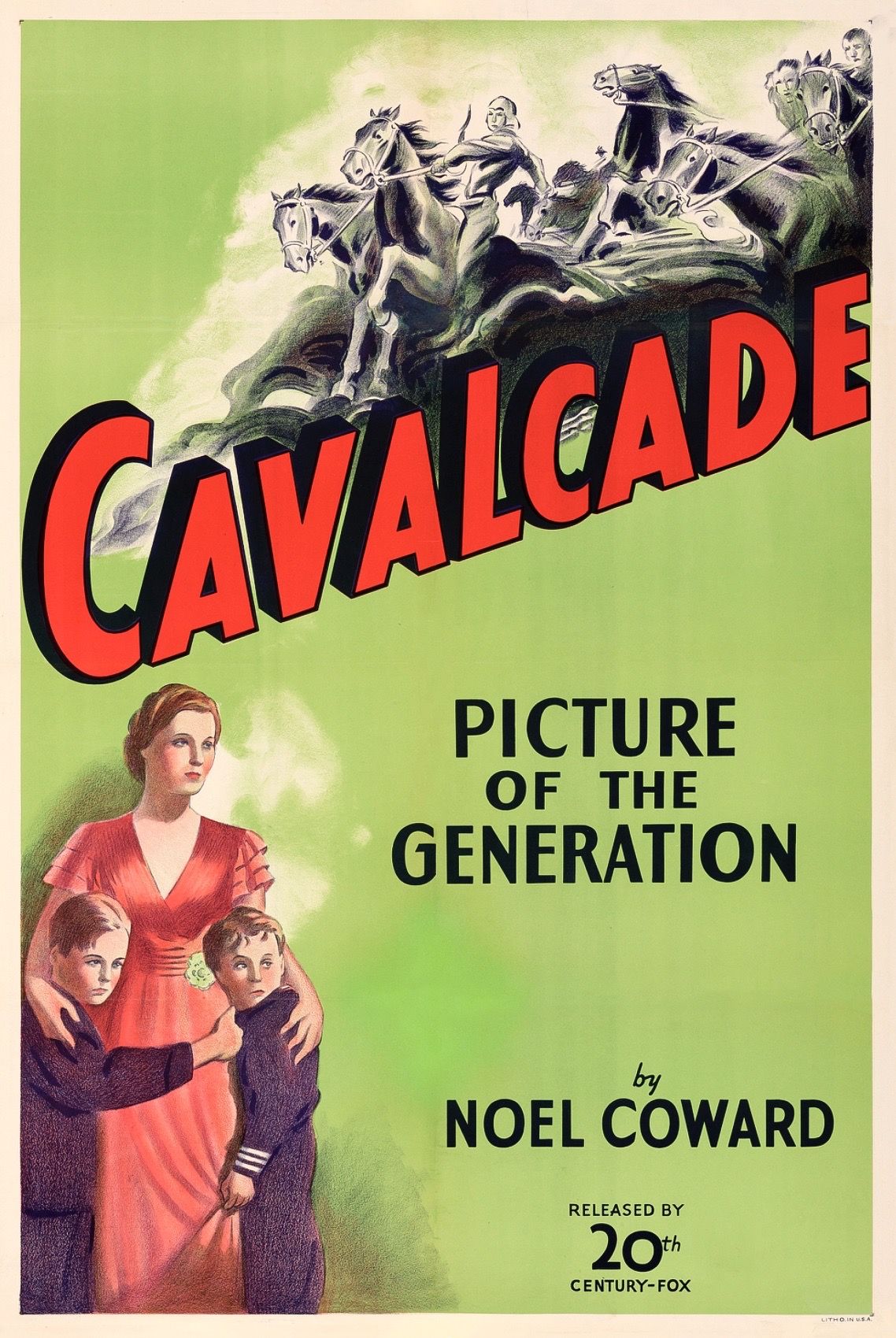
Cavalcade
A portrayal of the triumphs and tragedies of two English families, the upper-crust Marryots and the working-class Bridges, from 1899 to 1933.
Release Date April 15, 1933
Director Frank Lloyd
Cast Una O’Connor , Herbert Mundin
Runtime 112
Rent on Amazon
80 ‘The English Patient’ (1996)
Who Should’ve Won: ‘Fargo’
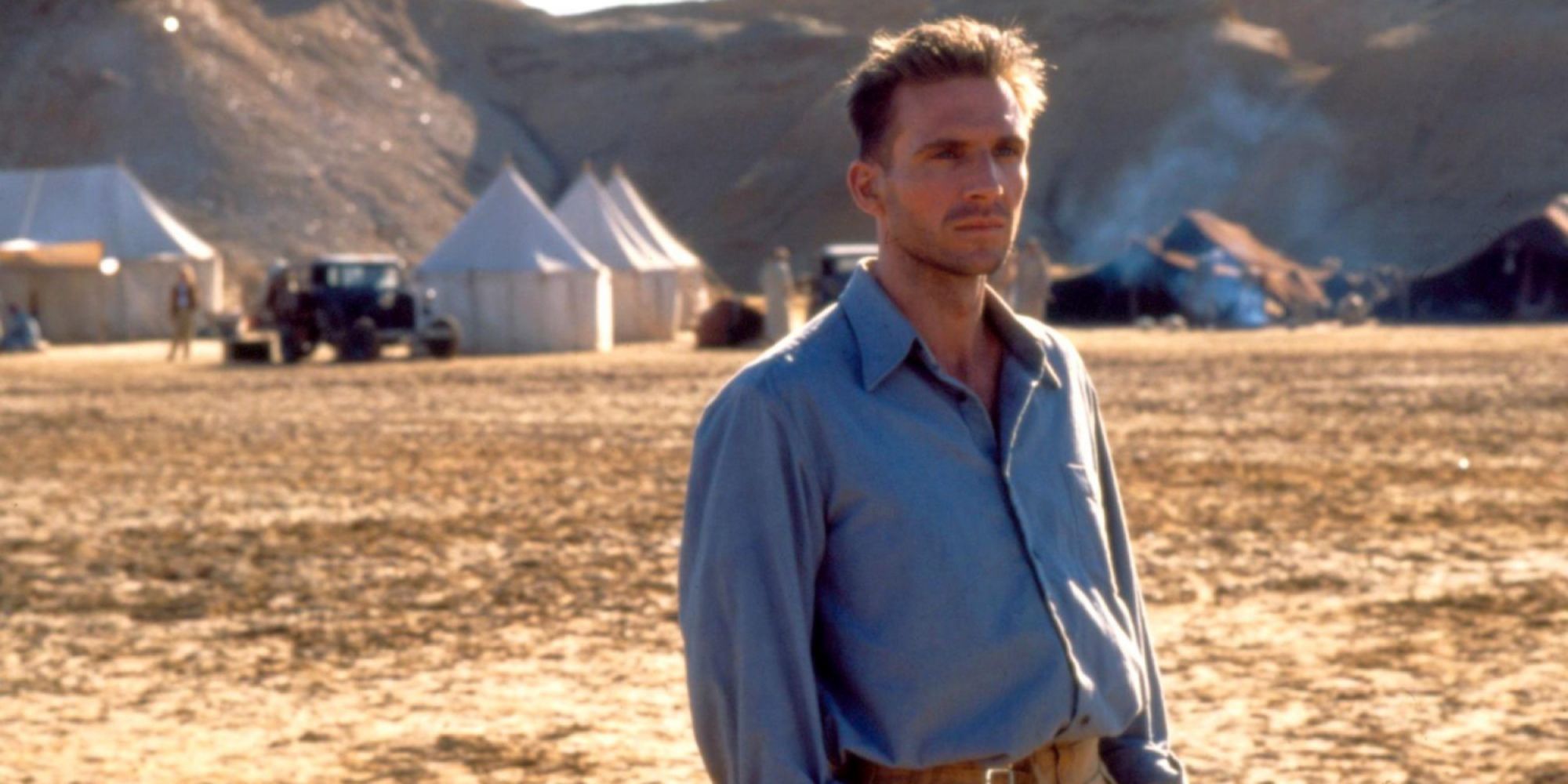 Image via Miramax
Image via Miramax
Was Elaine right on Seinfeld when she stated The English Patient was an overlong, boring film? Well, yes and no. Anthony Minghella’s film does take its time, with its slow-moving romance that takes a while to blossom. Also, by splitting this story into two different segments, Minghella’s screenplay does undercut what momentum this film does have.
But The English Patient also is like a throwback to a period of resplendent, sweeping romance stories that were fading out of popularity in the mid-90s, and are nearly completely out of fashion now. It’s also impossible to deny that great cast, with the brilliant Ralph Fiennes and Kristin Scott Thomas receiving nominations, while Juliette Binoche won for Best Supporting Actress—and who can say no to the ‘noche? Without a doubt, The English Patient is among the films that people think of in regards to “Oscar Bait”—which is entirely fair—but there’s something alluring about an old-school romance of this type.
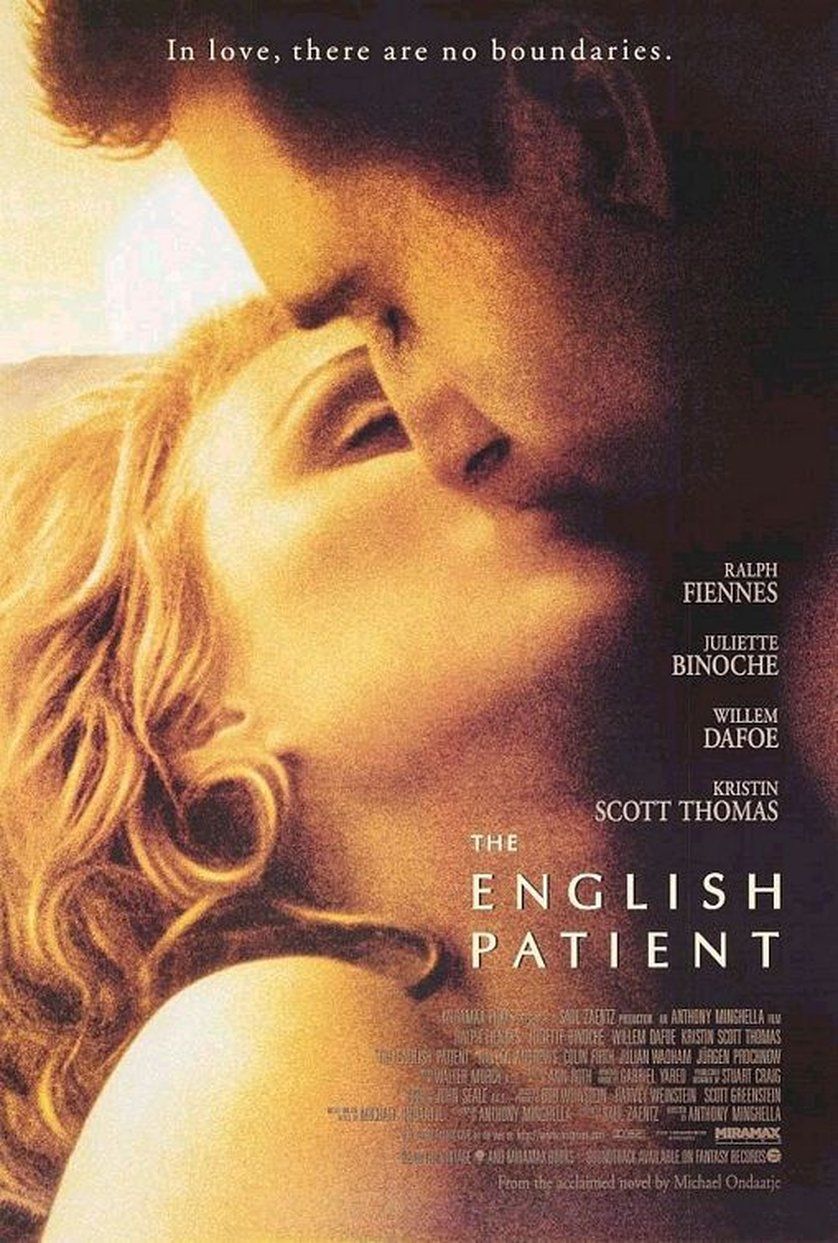
The English Patient
At the close of World War II, a young nurse tends to a badly burned plane crash victim. His past is shown in flashbacks, revealing an involvement in a fateful love affair.
Release Date December 6, 1996
Director Anthony Minghella
Runtime 162 Minutes
Rent on Amazon
79 ‘Braveheart’ (1995)
Who Should’ve Won: ‘Sense and Sensibility’
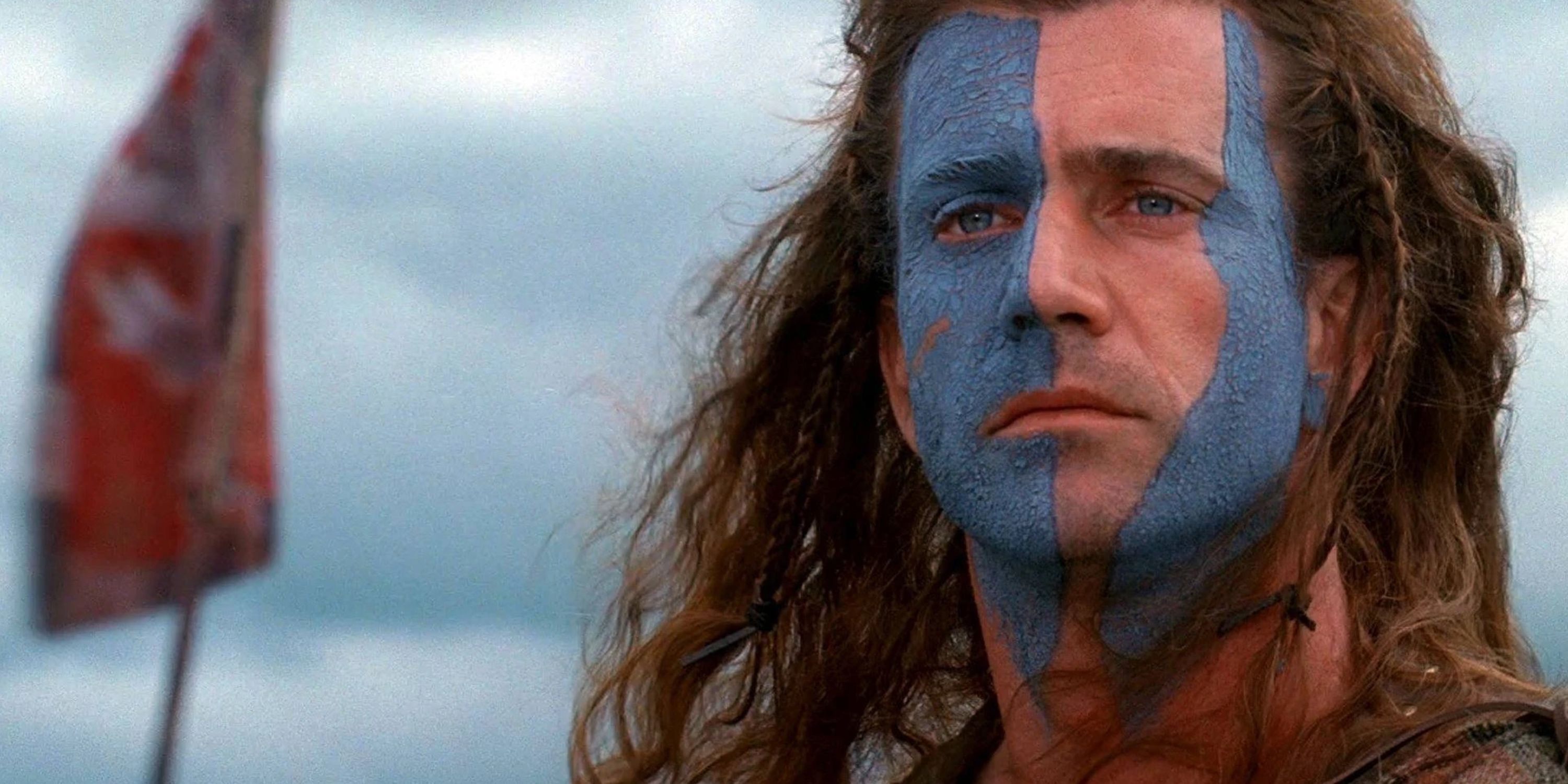 Image via Paramount Pictures
Image via Paramount Pictures
Back in 1995, Braveheart seemed like a proclamation that Mel Gibson wasn’t just a strong actor but also an accomplished filmmaker in his own right, similar to what Kevin Costner had done just a few years earlier. Thirty years later and with more films under his belt, Braveheart is less an epic Scottish war film and more an example of Gibson’s exhausting interest as a director.
Primary among these focuses is Gibson’s apparent obsession with the idea that salvation is only available through exhausting physical and emotional trauma (see also: Hacksaw Ridge and The Passion of the Christ). Granted, even though the audience can become desensitized to the film’s violence, Gibson can expertly direct an action scene. But in the end, Braveheart also is Gibson taking the opportunity to make himself a Christ figure through William Wallace, before he went on to literally tell the story of the death of Christ. Unsurprisingly, Braveheart is at its best when Gibson lets the blood and violence flow, and at its worst when he focuses on literally anything else.
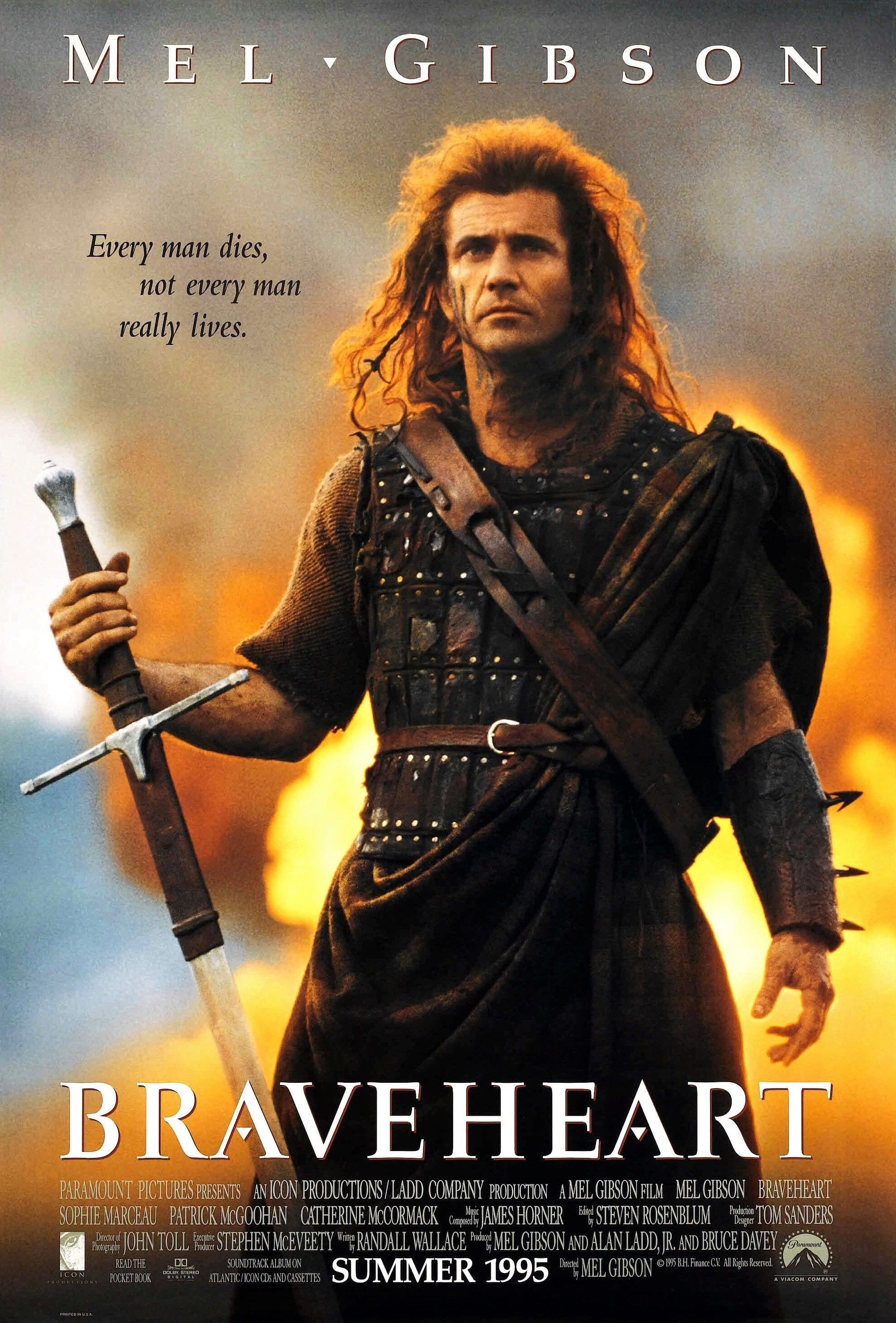
Braveheart
Scottish warrior William Wallace leads his countrymen in a rebellion to free his homeland from the tyranny of King Edward I of England.
Release Date May 24, 1995
Cast Mel Gibson , Sophie Marceau , Patrick McGoohan , Angus Macfadyen , james robinson , Sean Lawlor , Sandy Nelson , James Cosmo
Runtime 178 Minutes
Watch on Paramount+
78 ‘A Beautiful Mind’ (2001)
Who Should’ve Won: ‘The Lord of the Rings: The Fellowship of the Ring’
 Image via Universal Pictures
Image via Universal Pictures
A Beautiful Mind took the complicated life of mathematician John Nash—who struggled with schizophrenia—and turned it into watered-down, easily digestible Oscar bait. Director Ron Howard and writer Akiva Goldsman—both of whom won Oscars for the film—probably aren’t the best team to bring this difficult true story to life. They changed quite a bit to bring it to the screen, eventually leading to some fairly laughable sequences in the final third.
Still, the ever-intense and committed Russell Crowe and Jennifer Connelly (also winning an Oscar here) are giving fine performances despite what they’ve been given. A Beautiful Mind is also another example of Oscar voters picking the film with prestige over the more ambitious, daring efforts. The choice is particularly infamous, especially considering this year’s films, like Mulholland Drive, Memento, The Royal Tenenbaums, Ghost World, A.I. Artificial Intelligence, and Amélie, were nominated in other categories but not Best Picture.
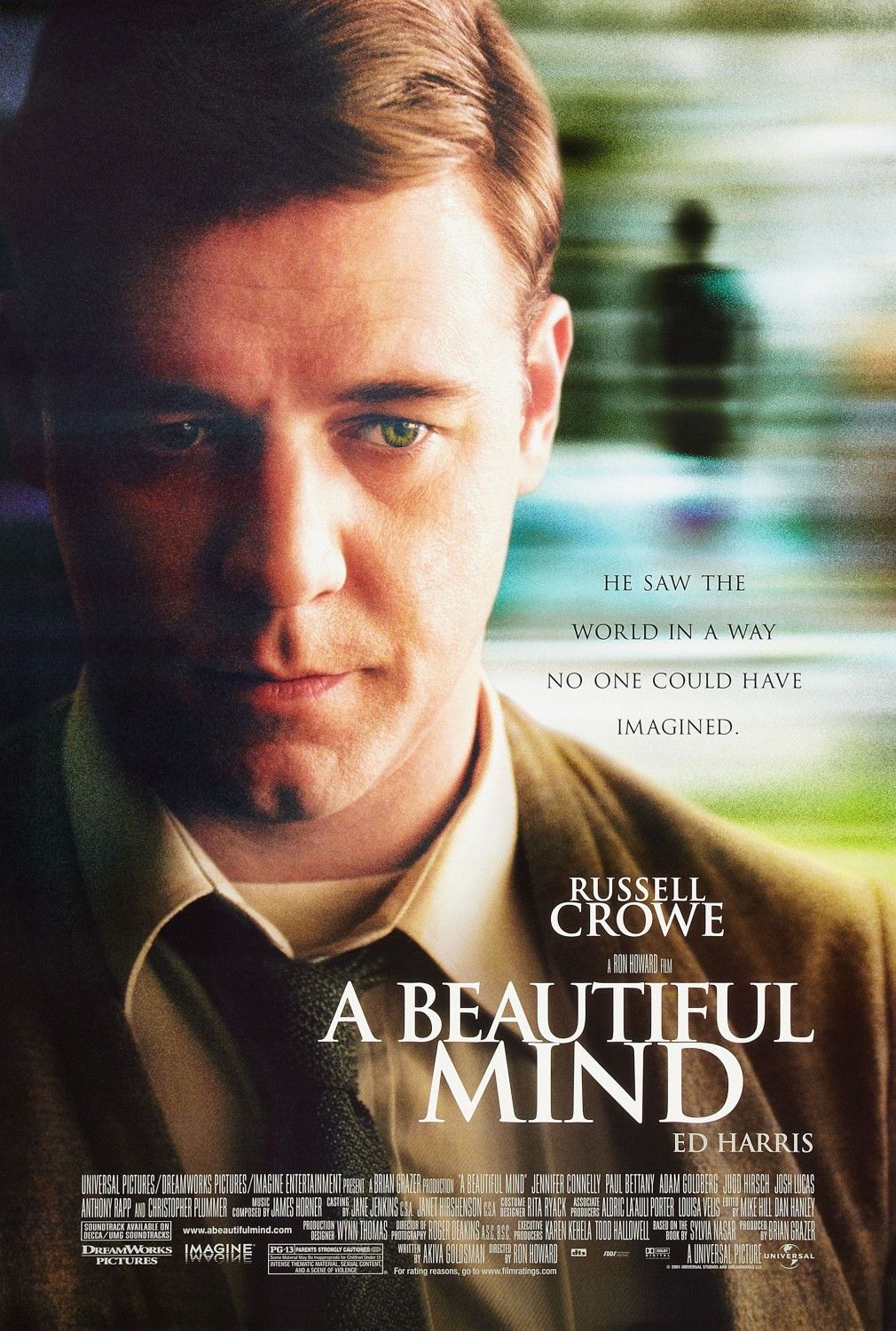
A Beautiful Mind
A mathematical genius, John Nash made an astonishing discovery early in his career and stood on the brink of international acclaim. But the handsome and arrogant Nash soon found himself on a harrowing journey of self-discovery.
Release Date December 21, 2001
Runtime 135 Minutes
Rent on Amazon
77 ‘Chariots of Fire’ (1981)
Who Should’ve Won: ‘Raiders of the Lost Ark’
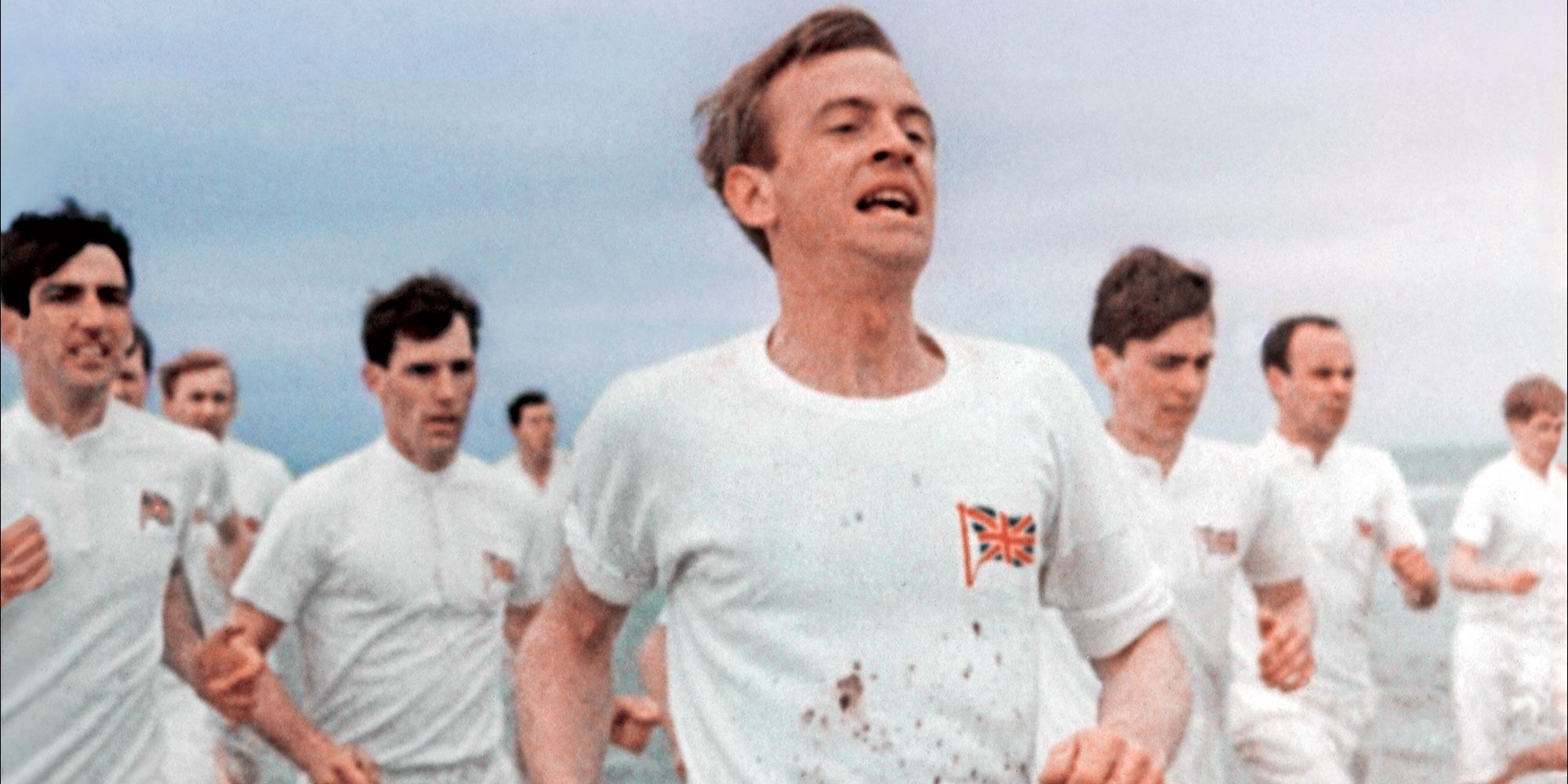 Image via 20th Century Studios
Image via 20th Century Studios
Chariots of Fire achieves what so many sports films try and fail to do, which is to make these relatively small, personal stakes feel grand. Take, for example, that famous opening sequence where a group of runners takes to the beach, soundtracked by the magnificent score by Vangelis. In this moment, director Hugh Hudson can make this uncomplicated moment into something gargantuan—which is what makes Chariots of Fire less like a stuffy British prestige film (it is that) and more like a well-made sports film that encapsulates the peaks of athletic greatness (it is also that).
The film does a commendable job of presenting the highs of winning and the lows of losing while presenting the idea that winning without a larger goal isn’t as important as doing something in the name of a higher purpose. Chariots of Fire is a solid film about racing and prejudices, but everyone knows this film wouldn’t be nearly as memorable as it is without that Vangelis score.
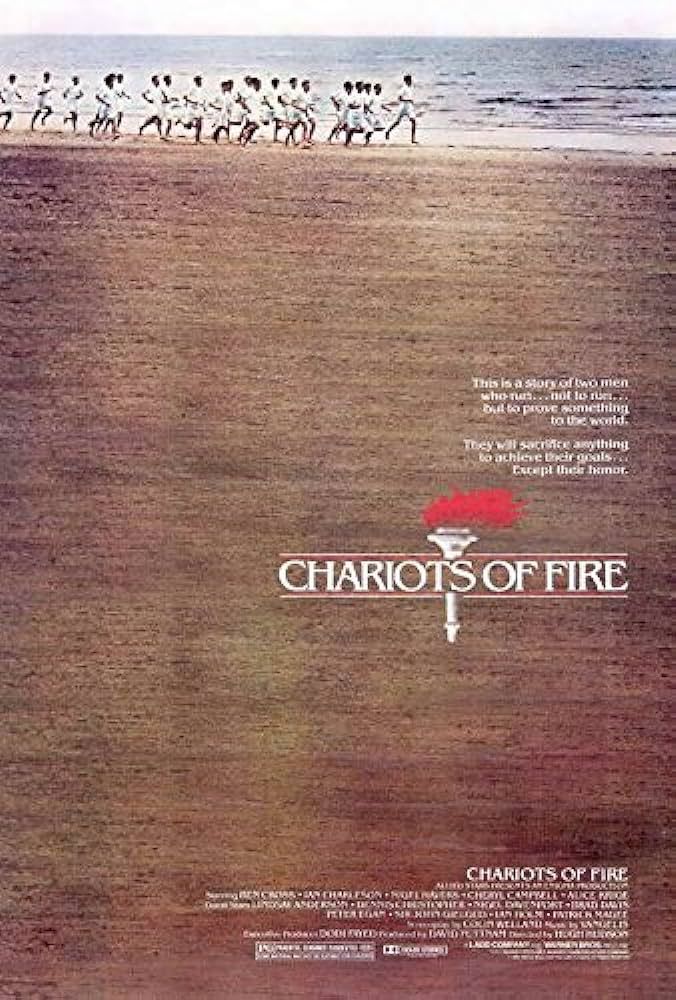
Chariots of Fire
Two British track athletes, one a determined Jew and the other a devout Christian, are driven to win in the 1924 Olympics as they wrestle with issues of pride and conscience.
Release Date May 15, 1981
Director Hugh Hudson
Cast Nicholas Farrell , Nigel Havers , Ian Charleson , Ben Cross , Daniel Gerroll , Ian Holm
Runtime 123
Rent on Amazon
